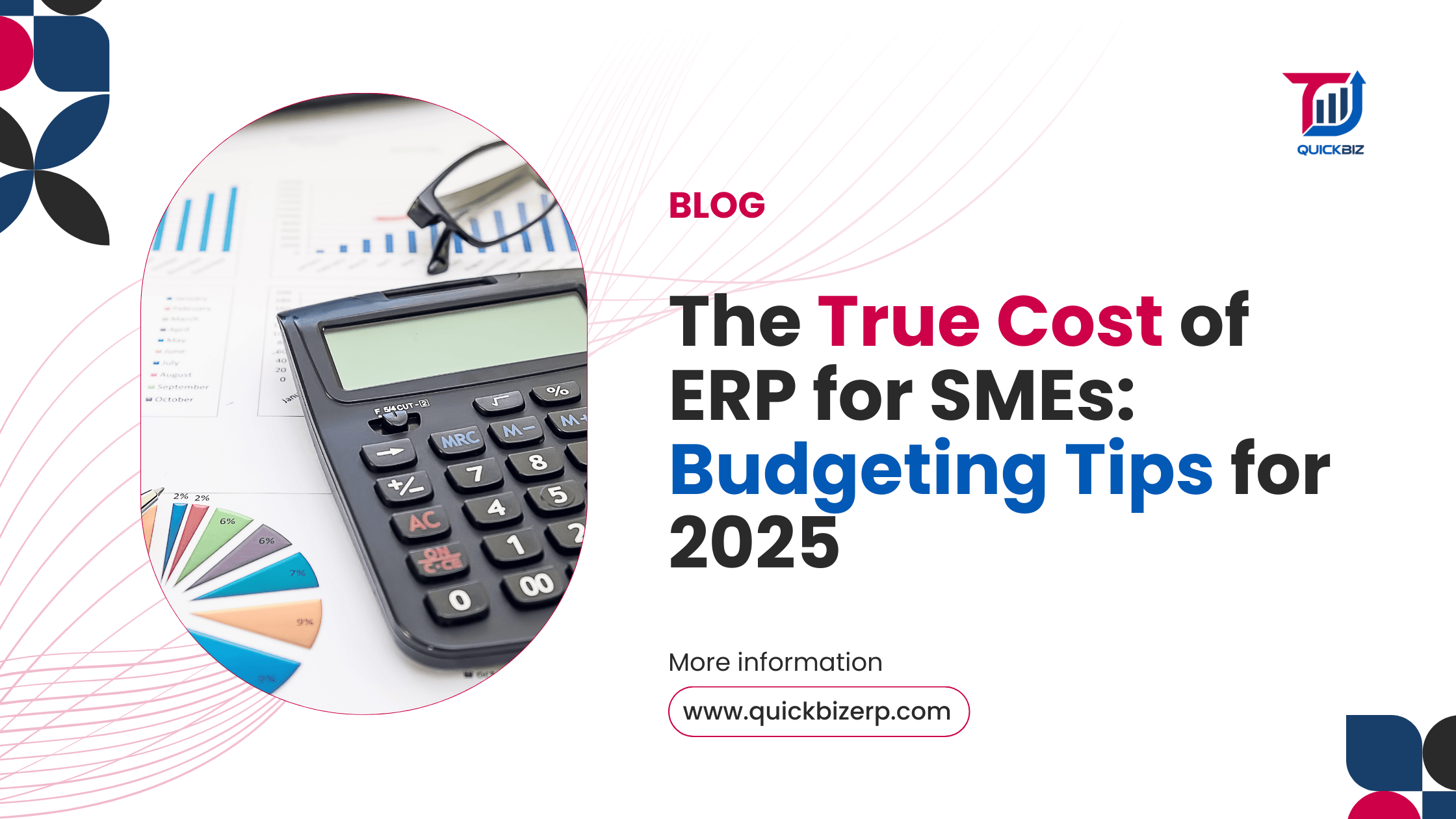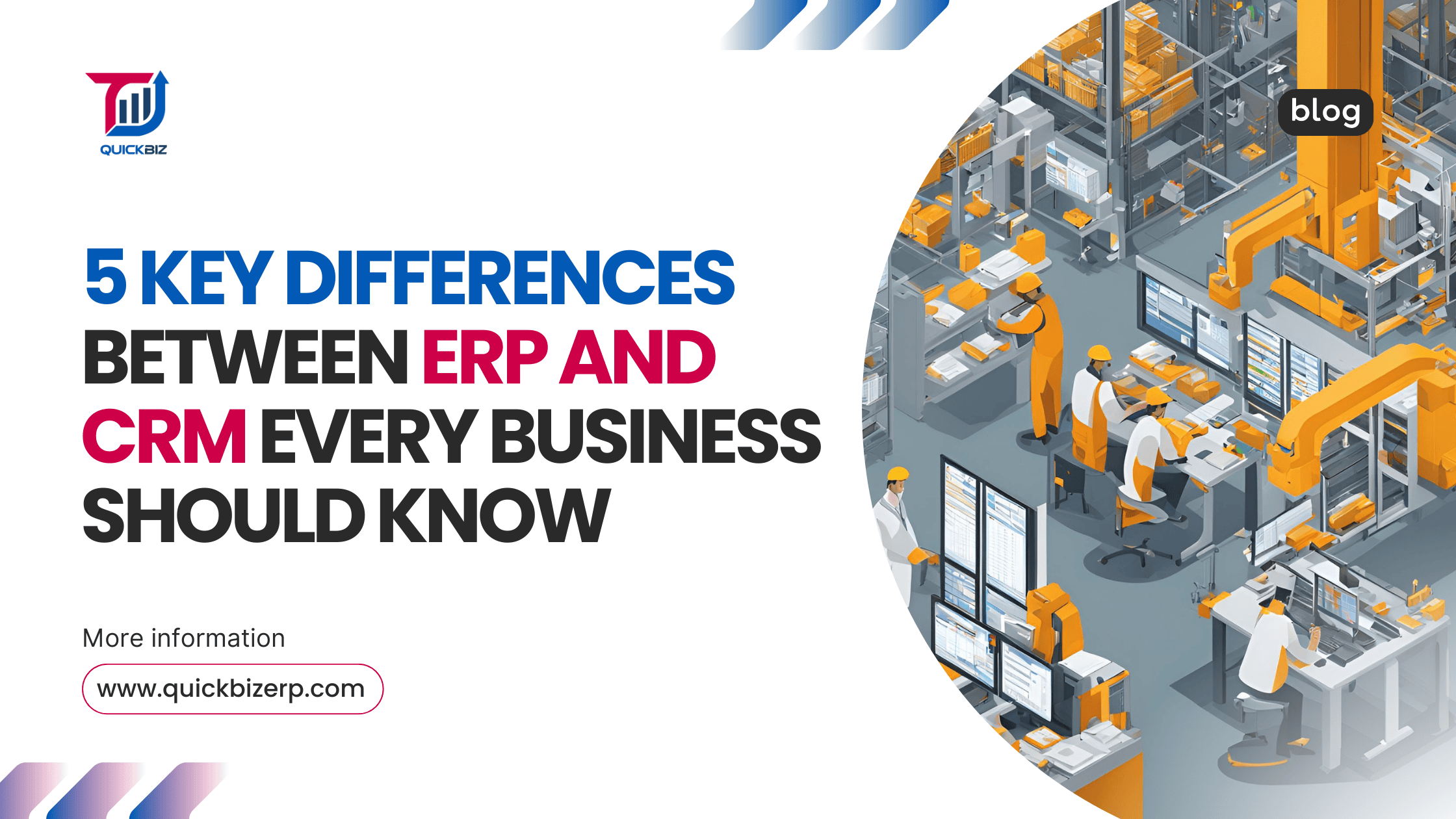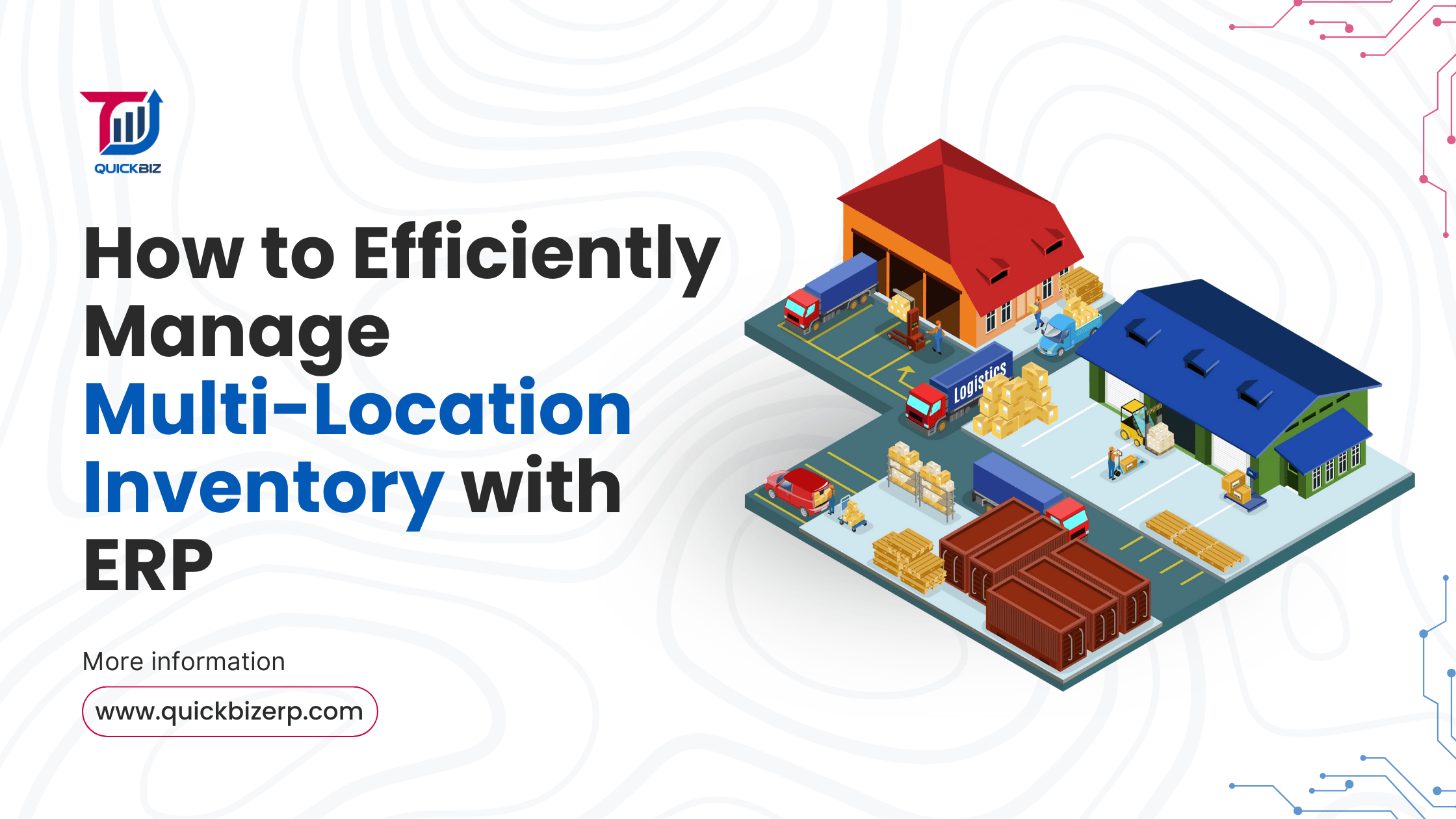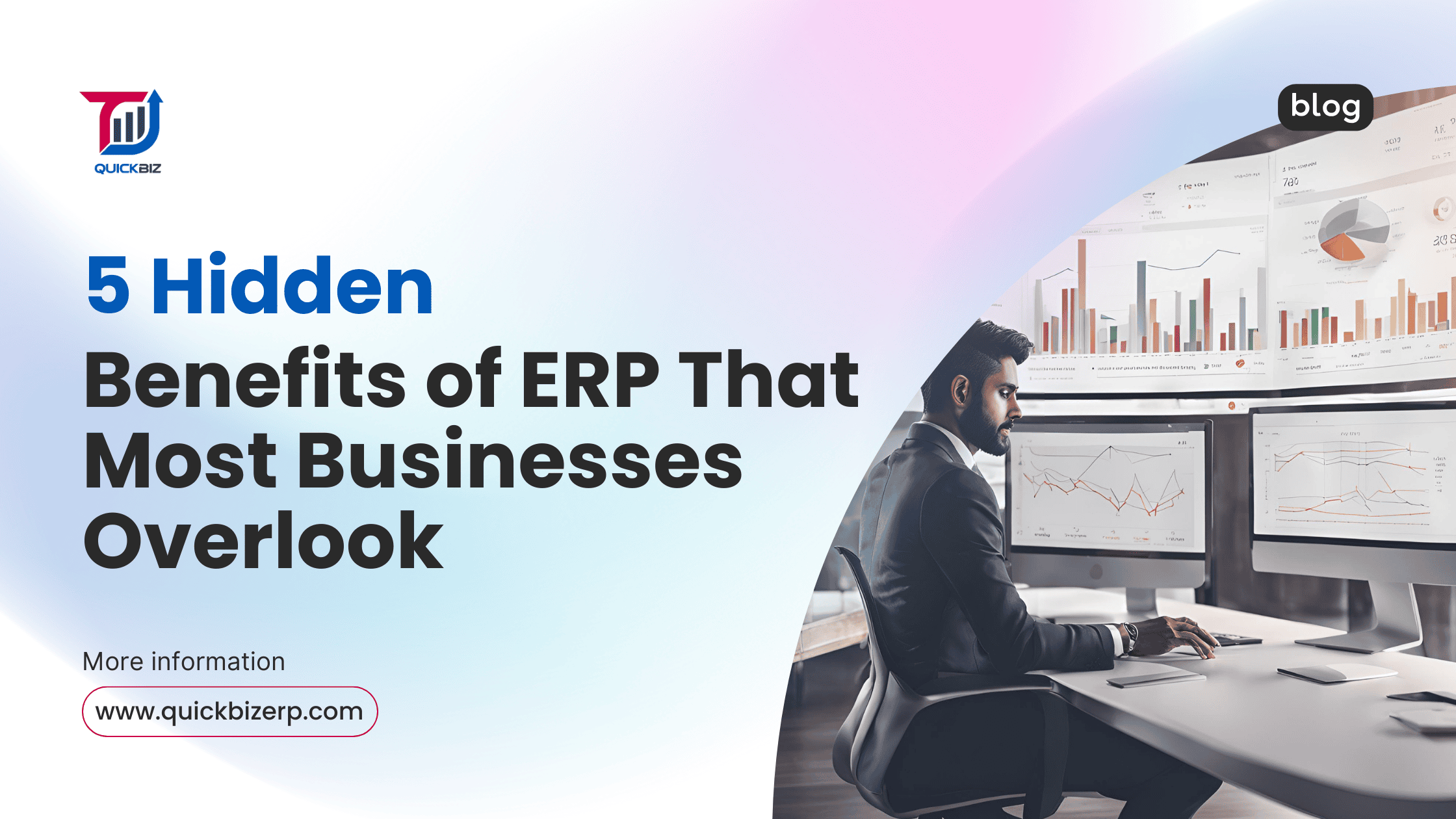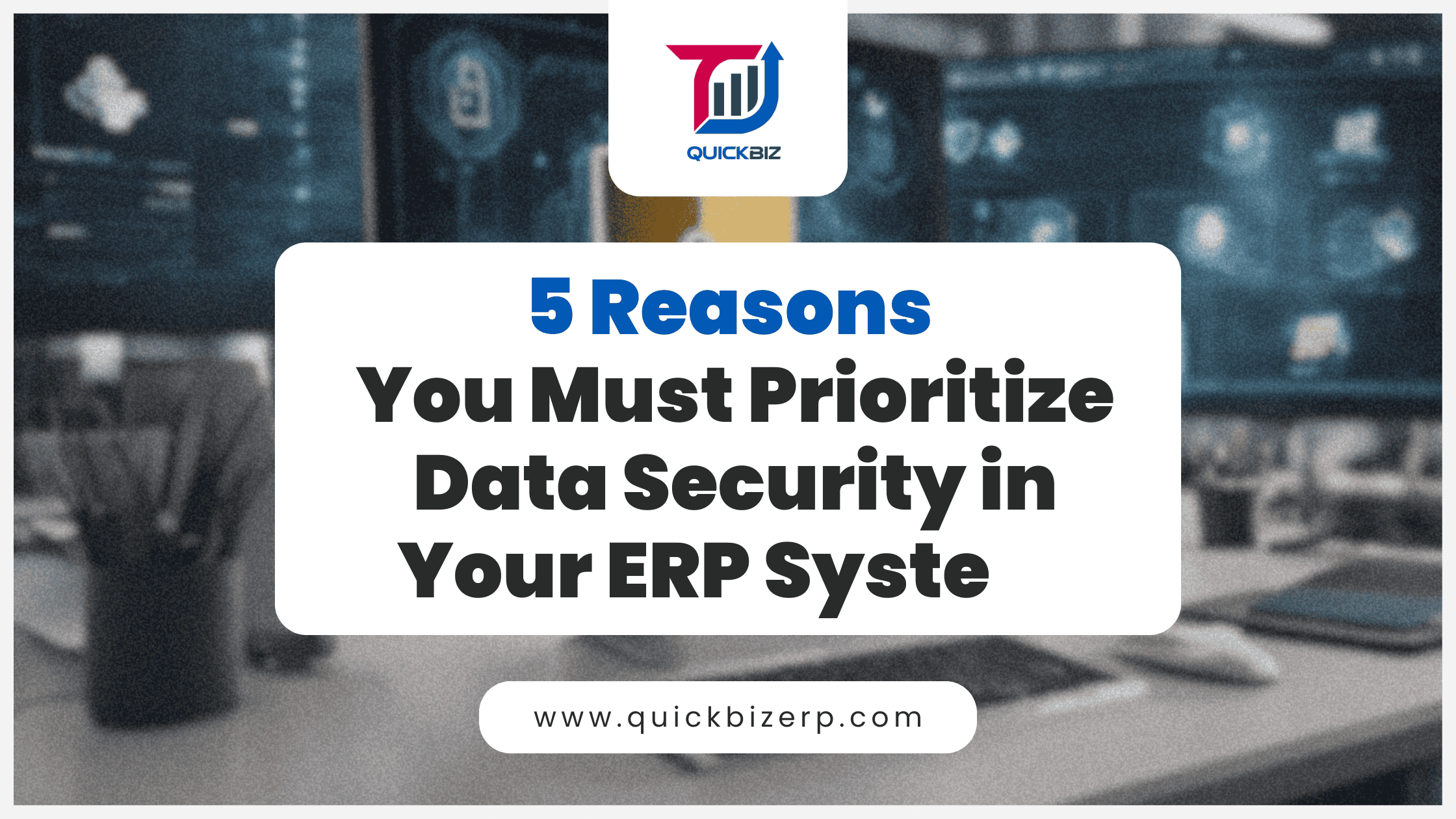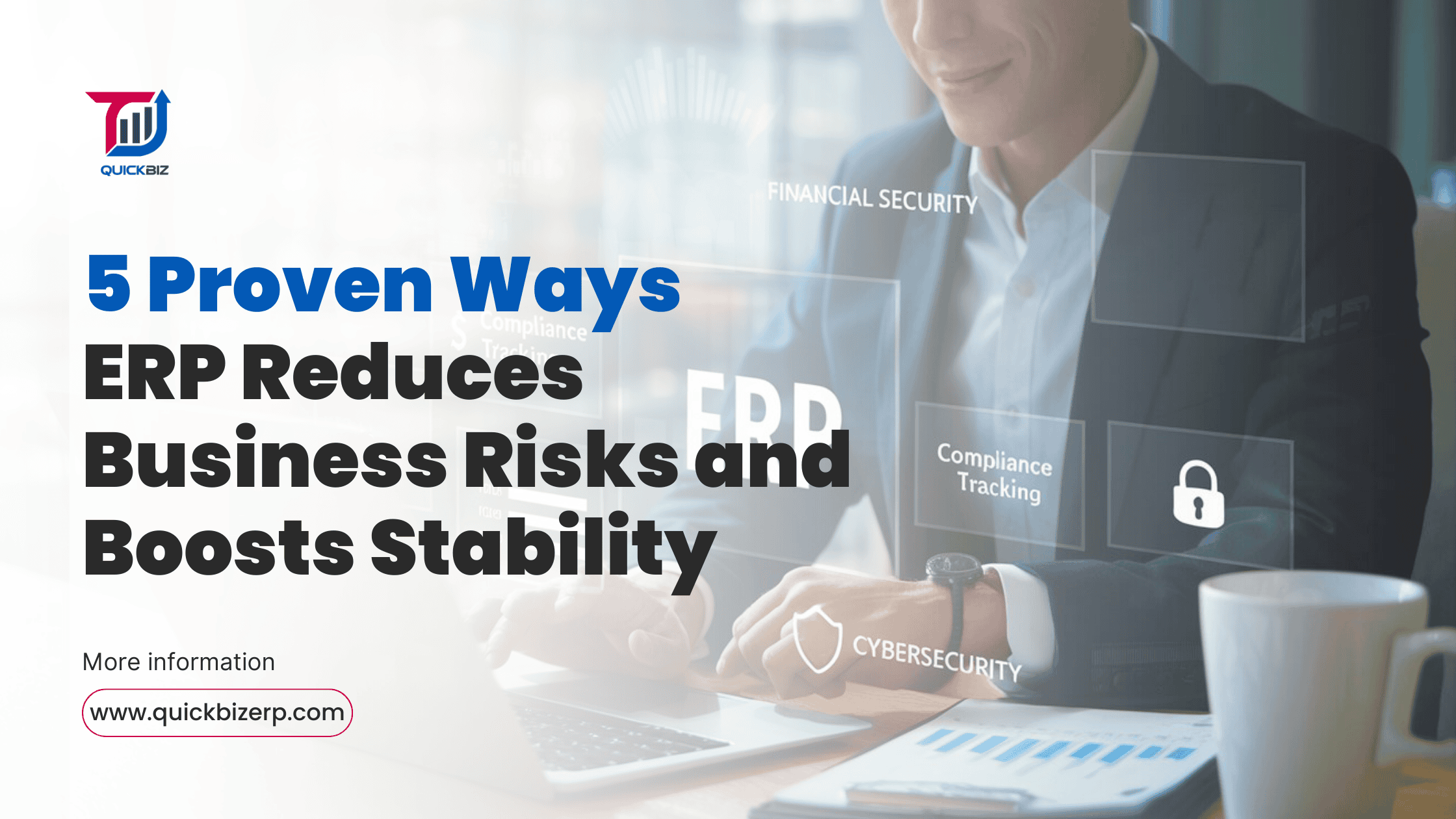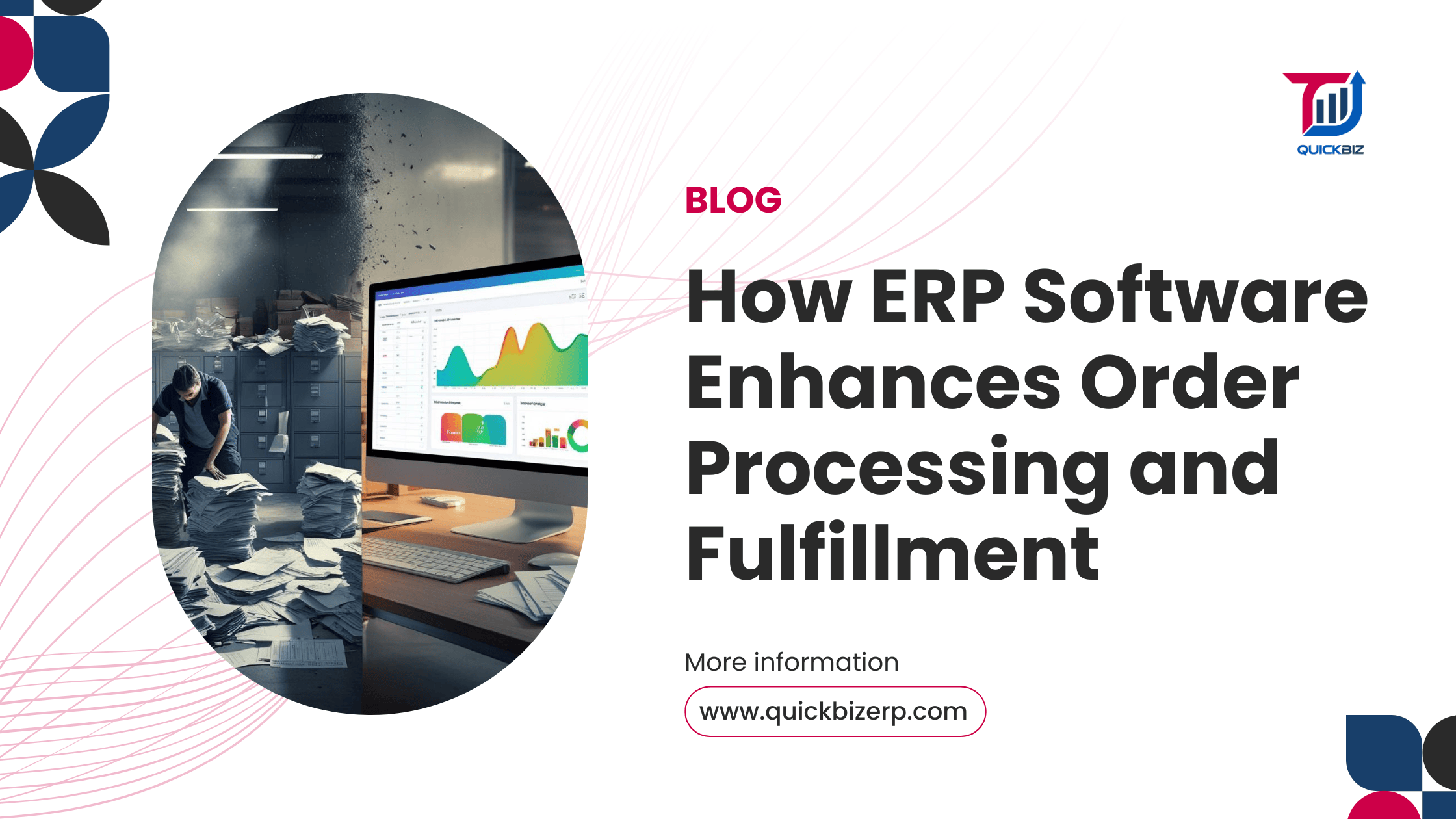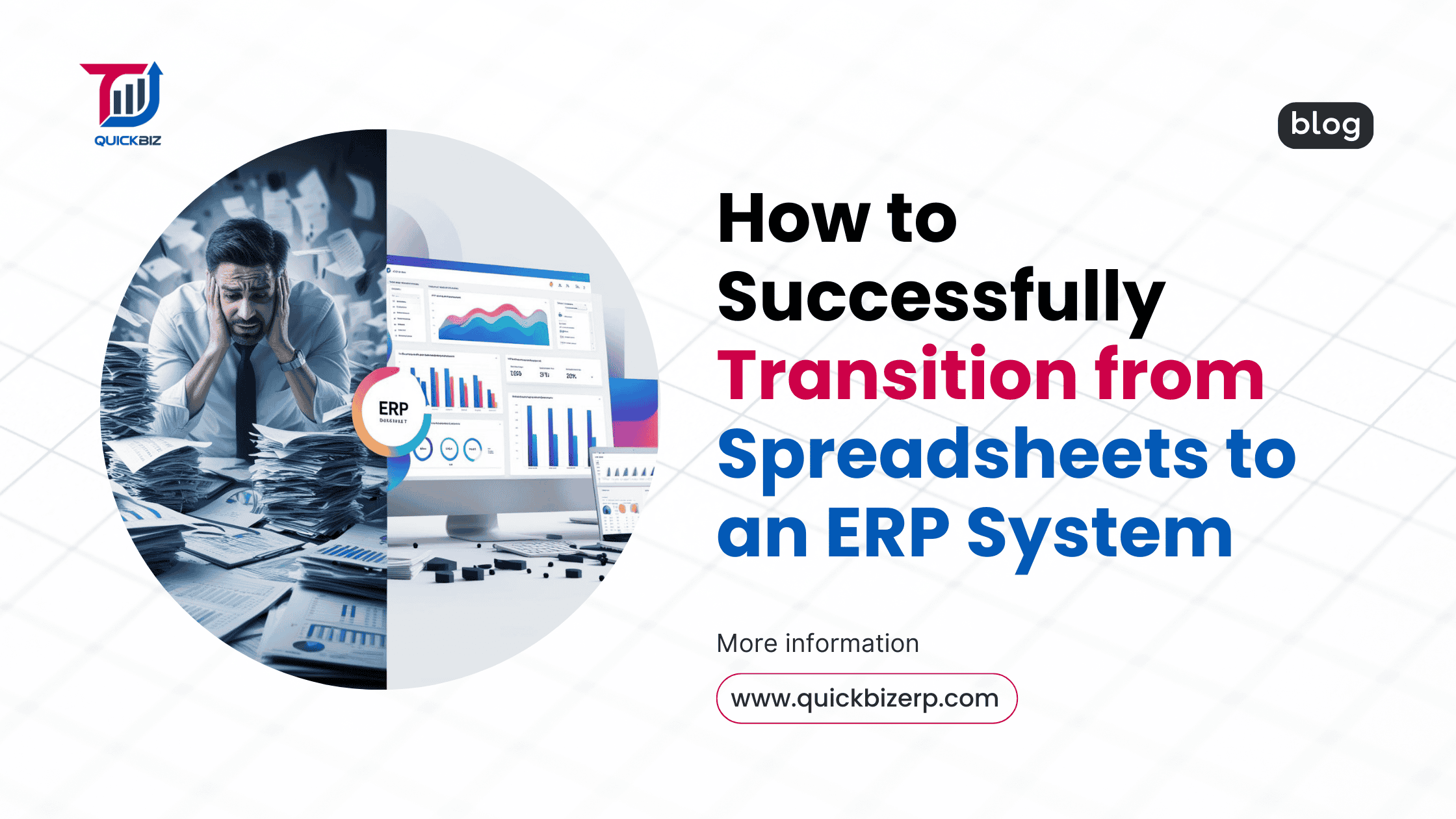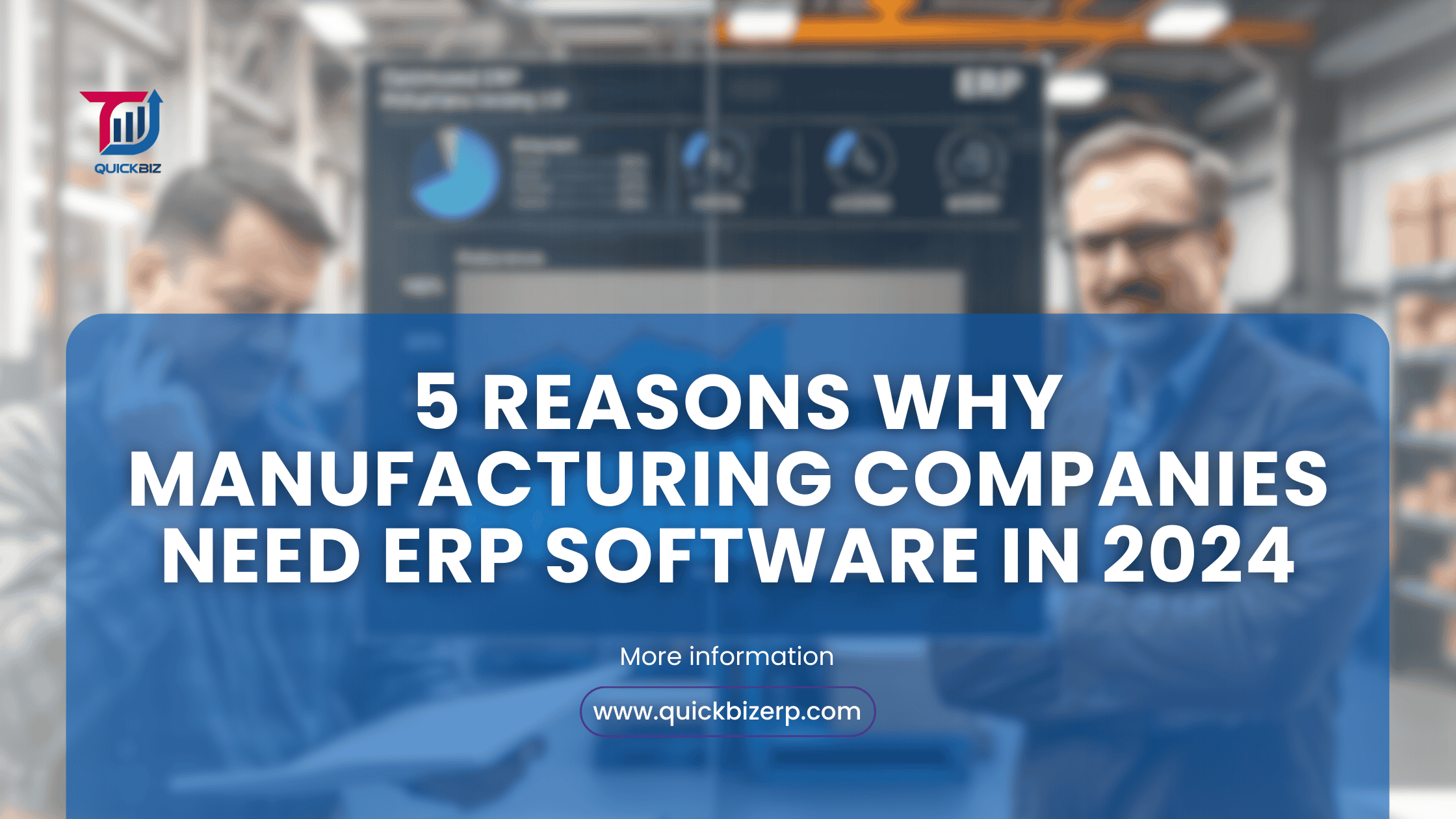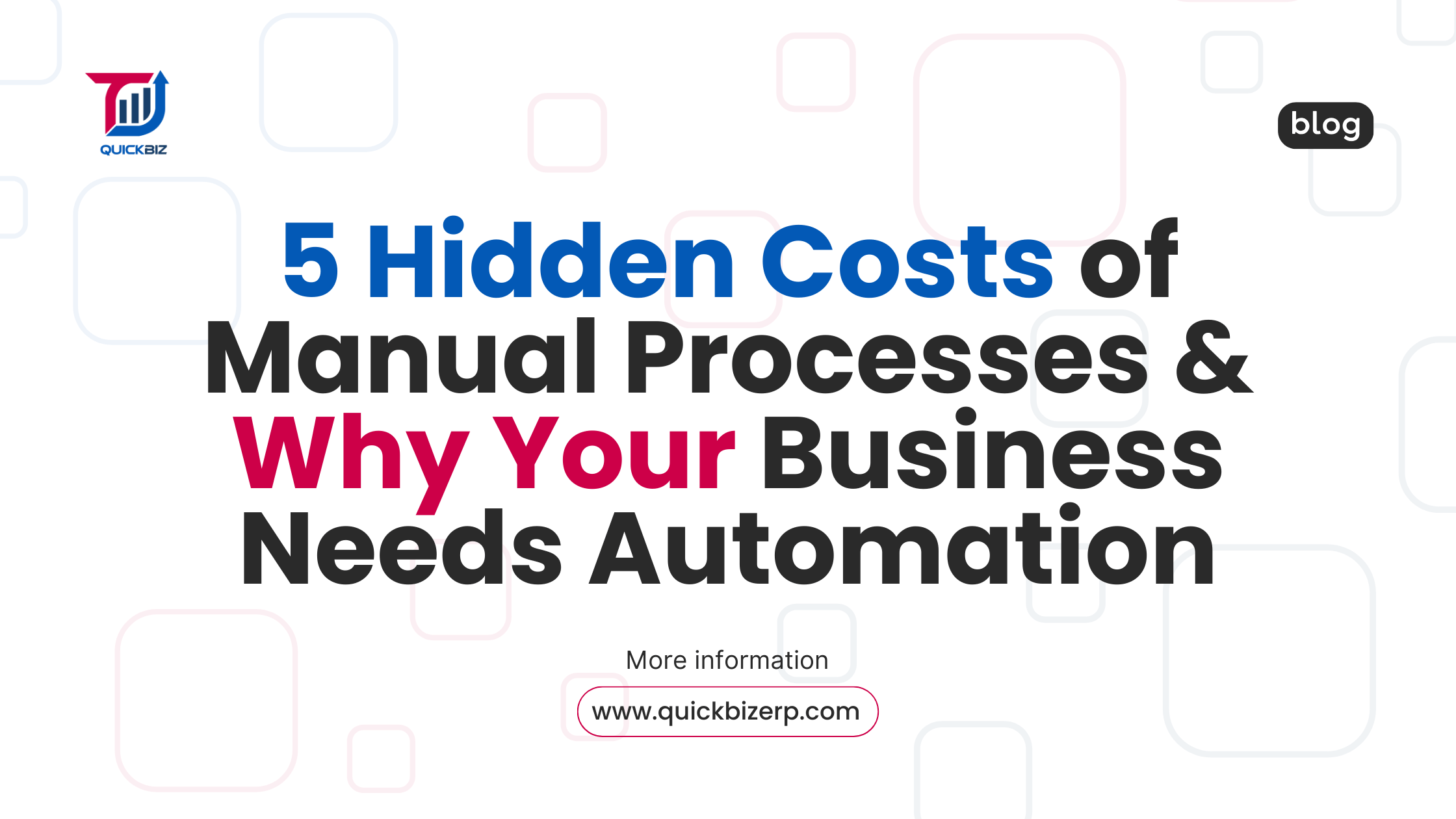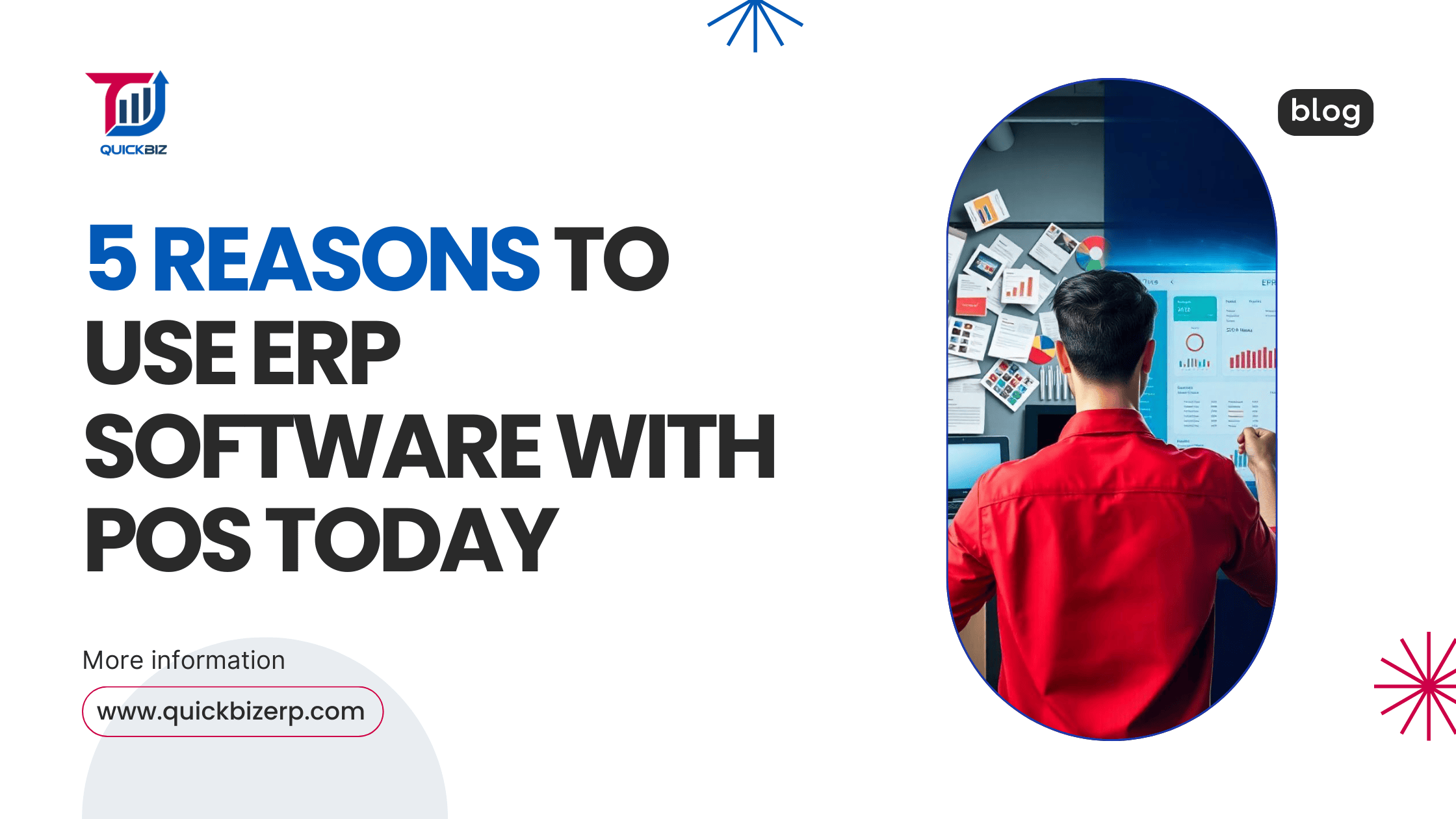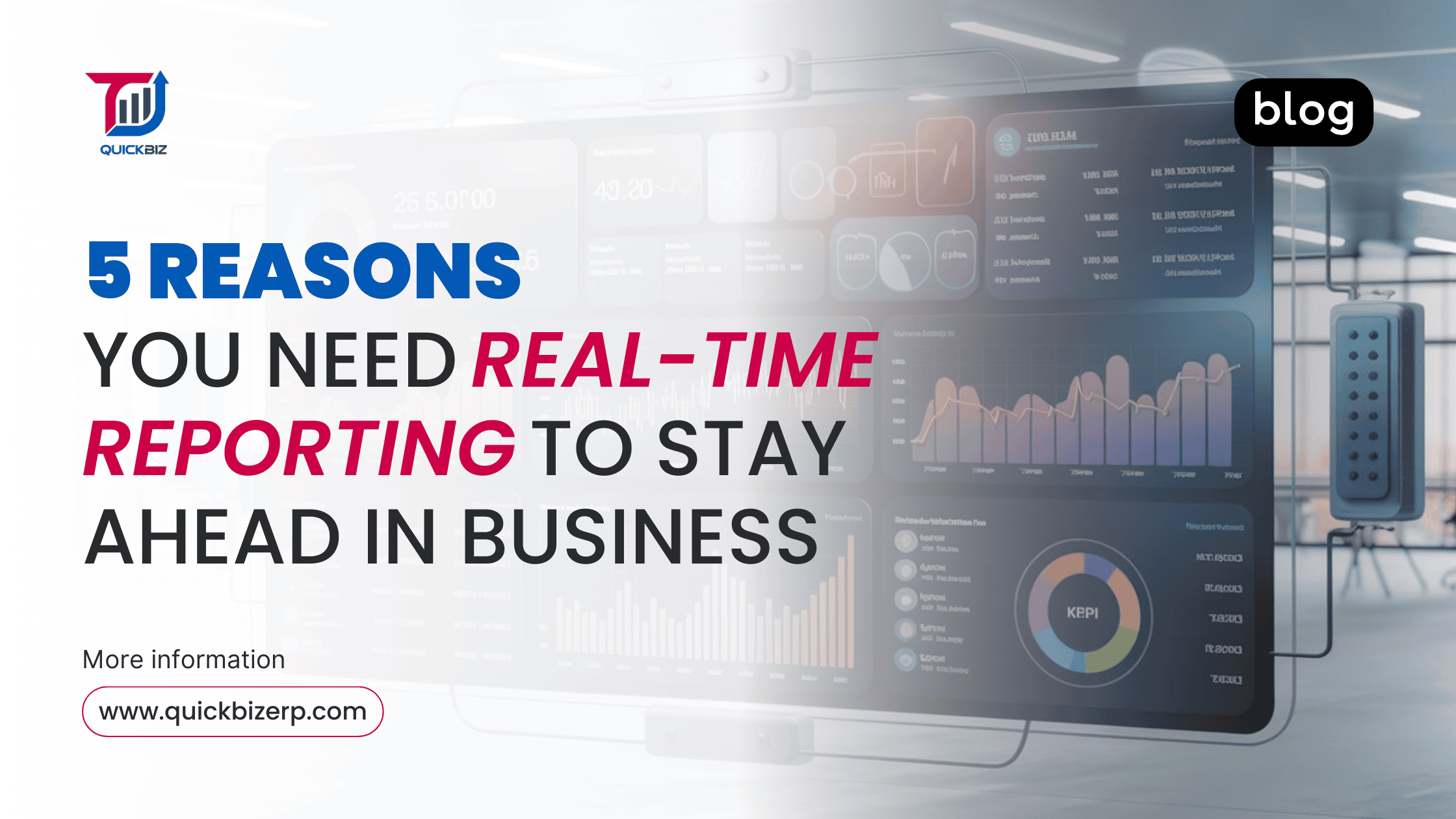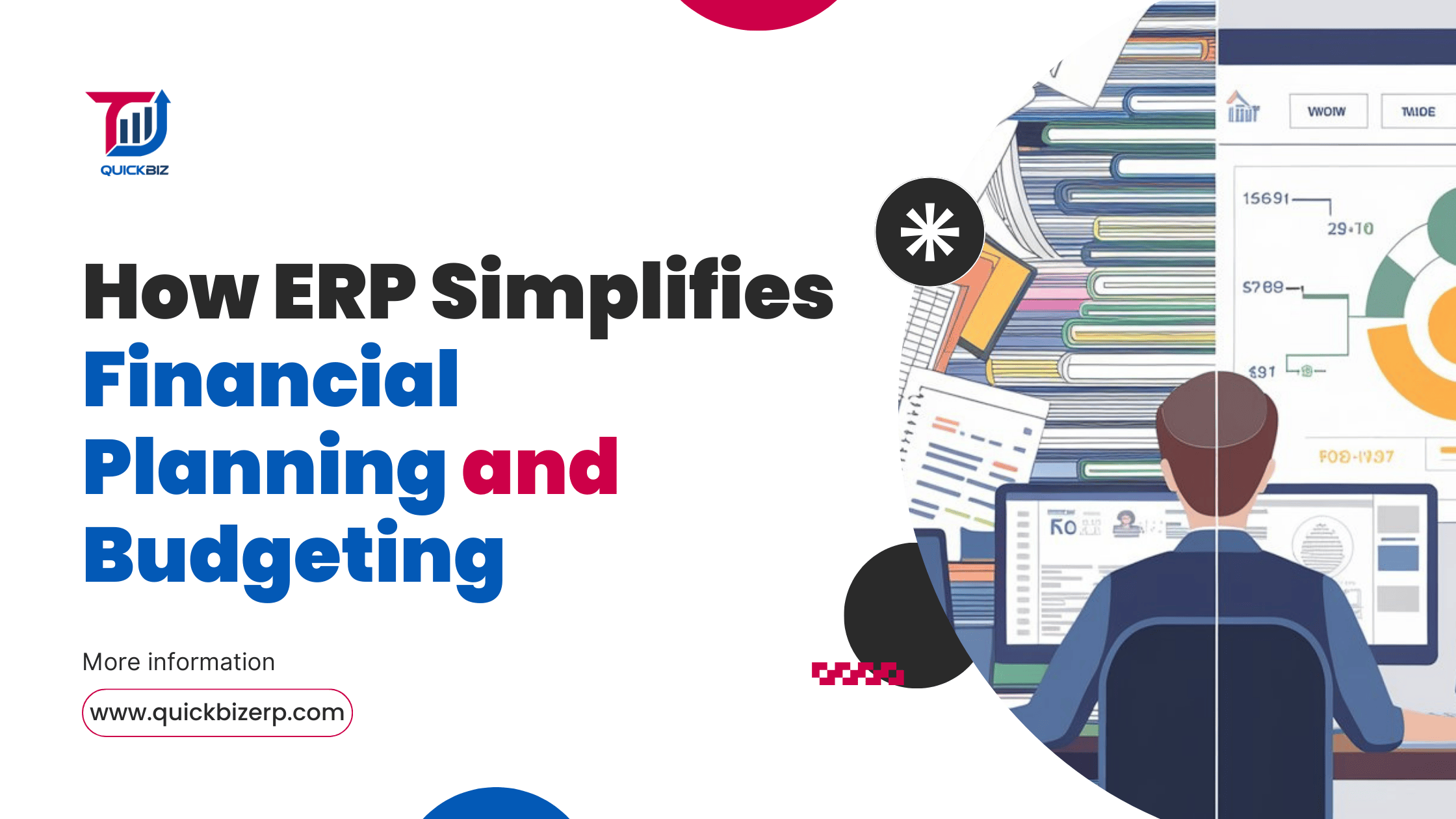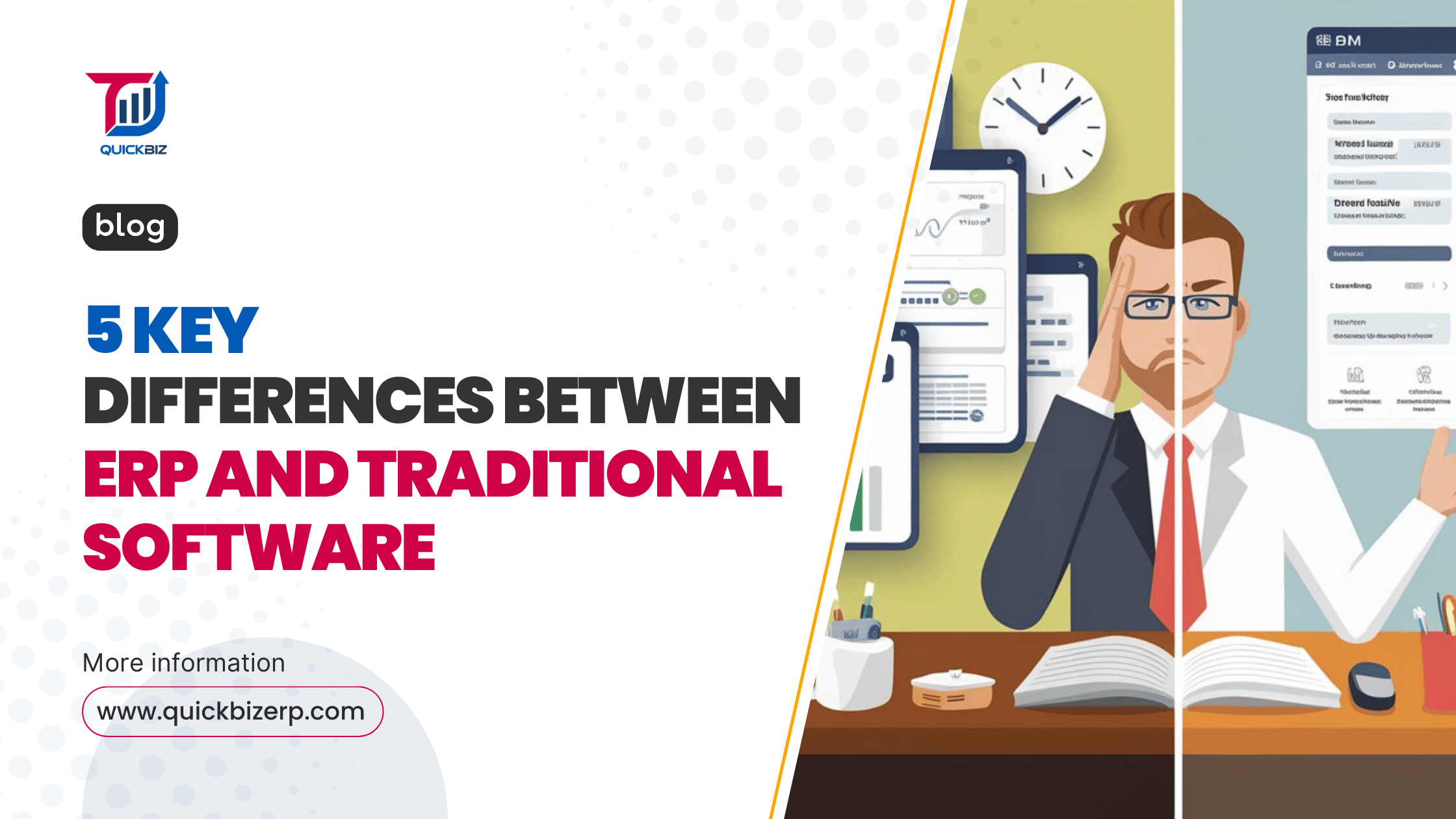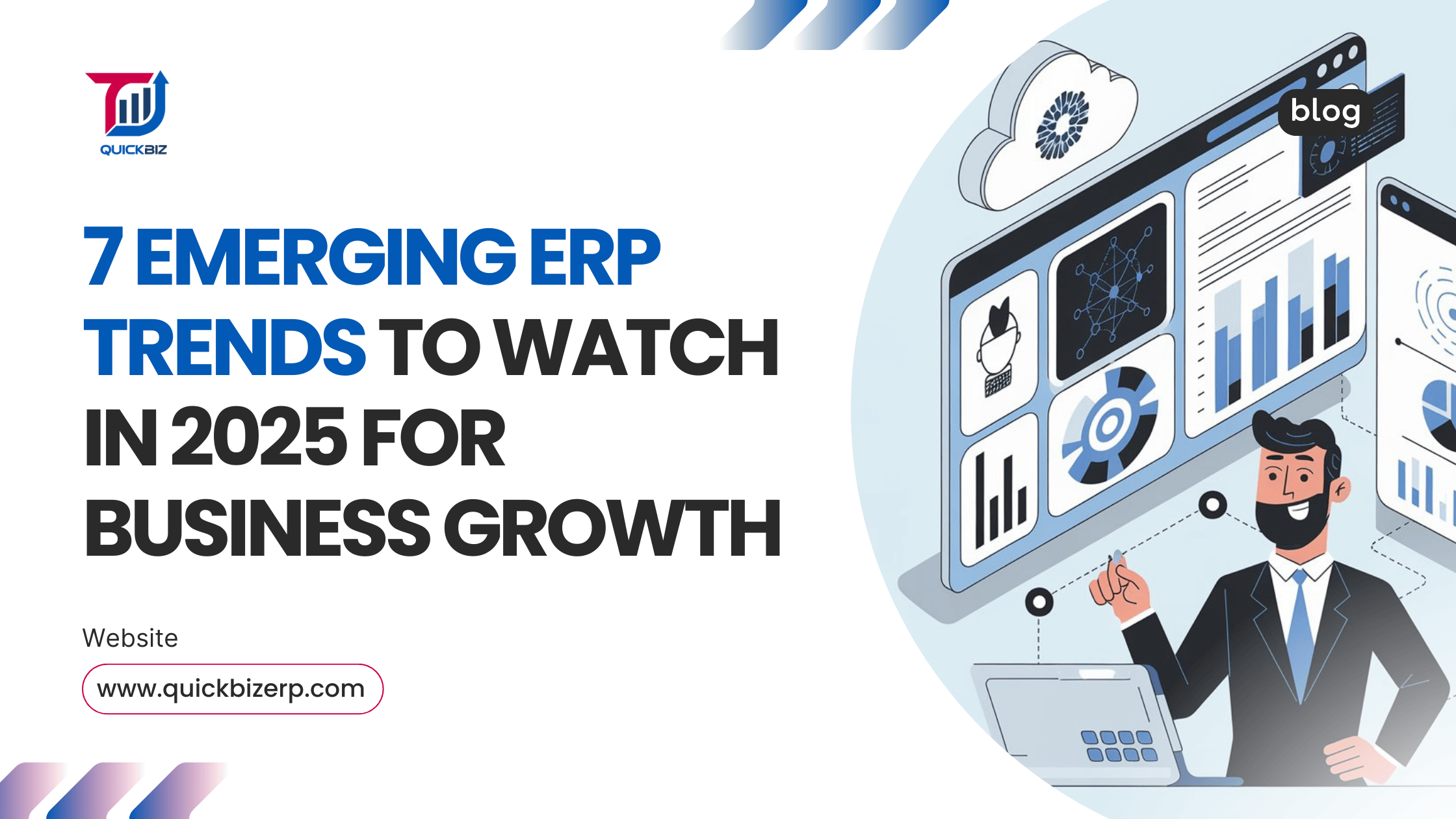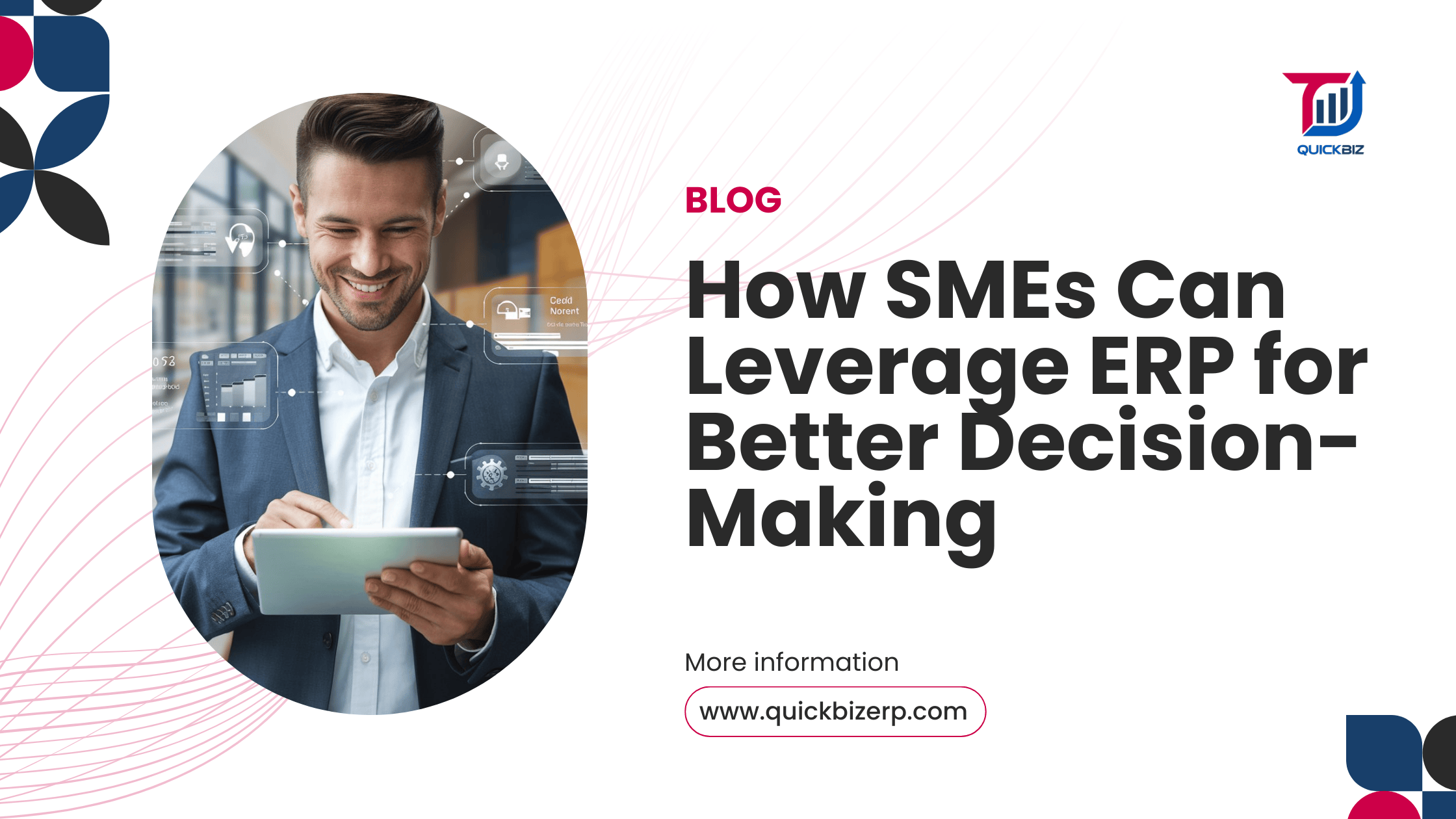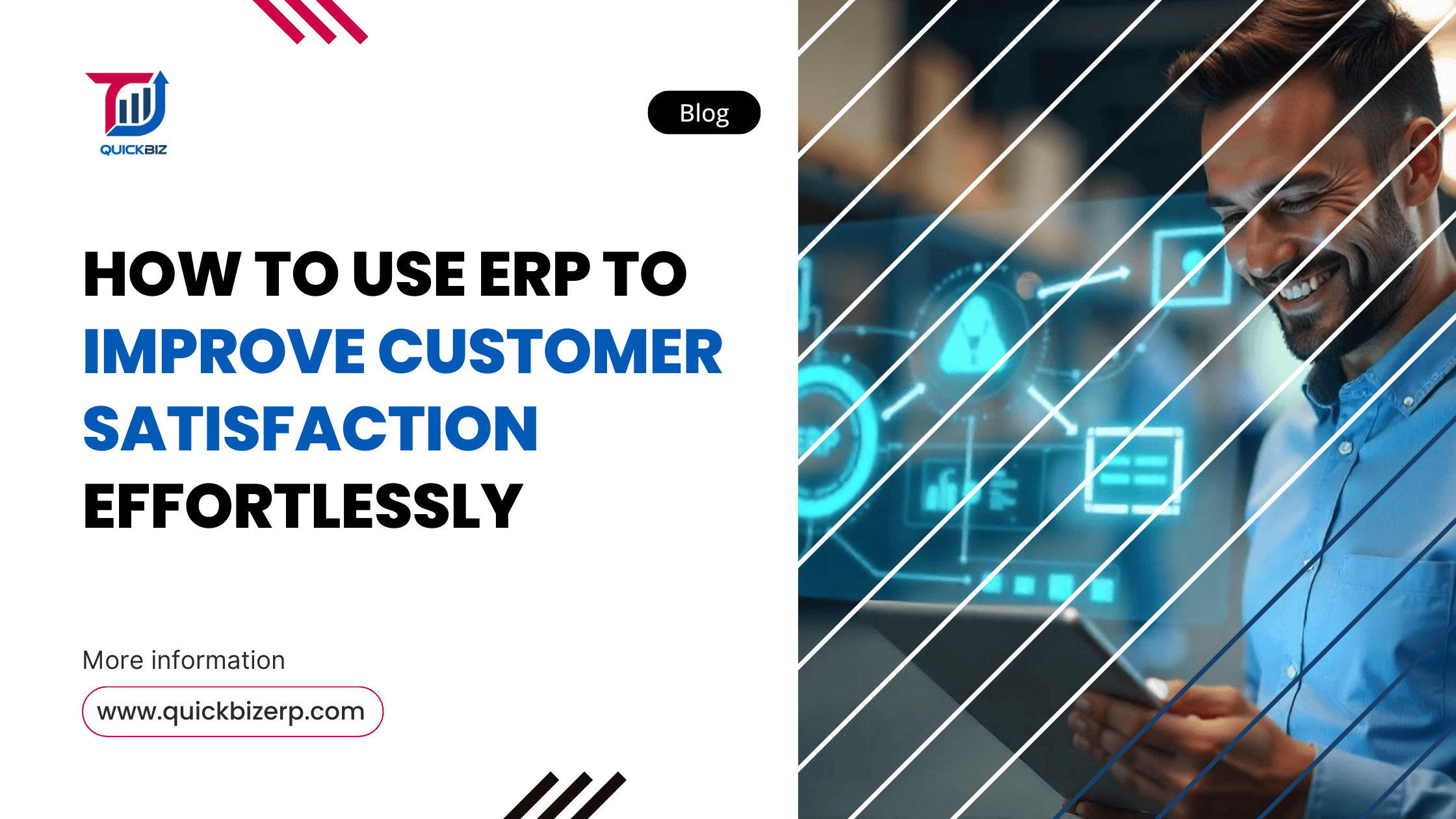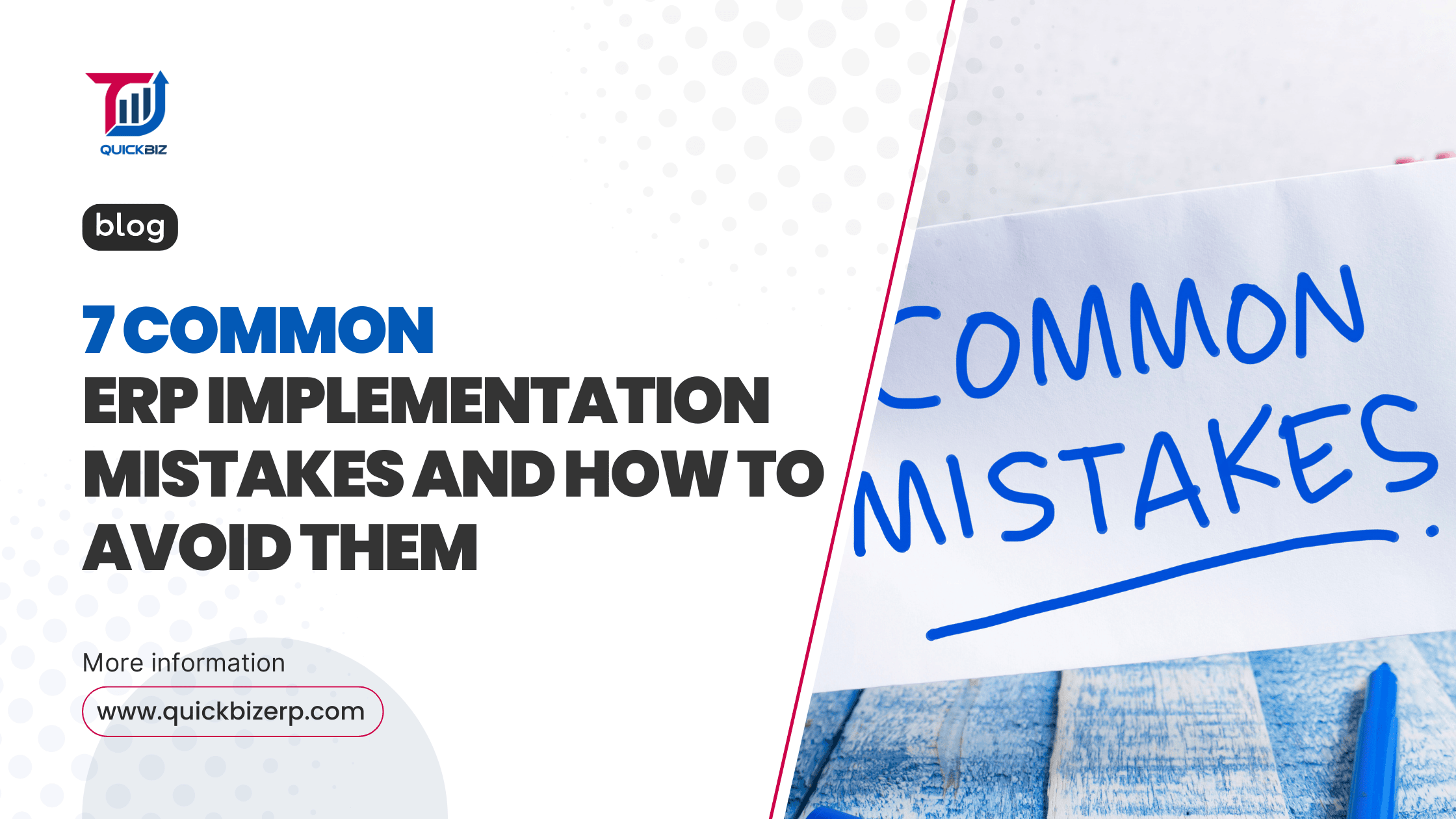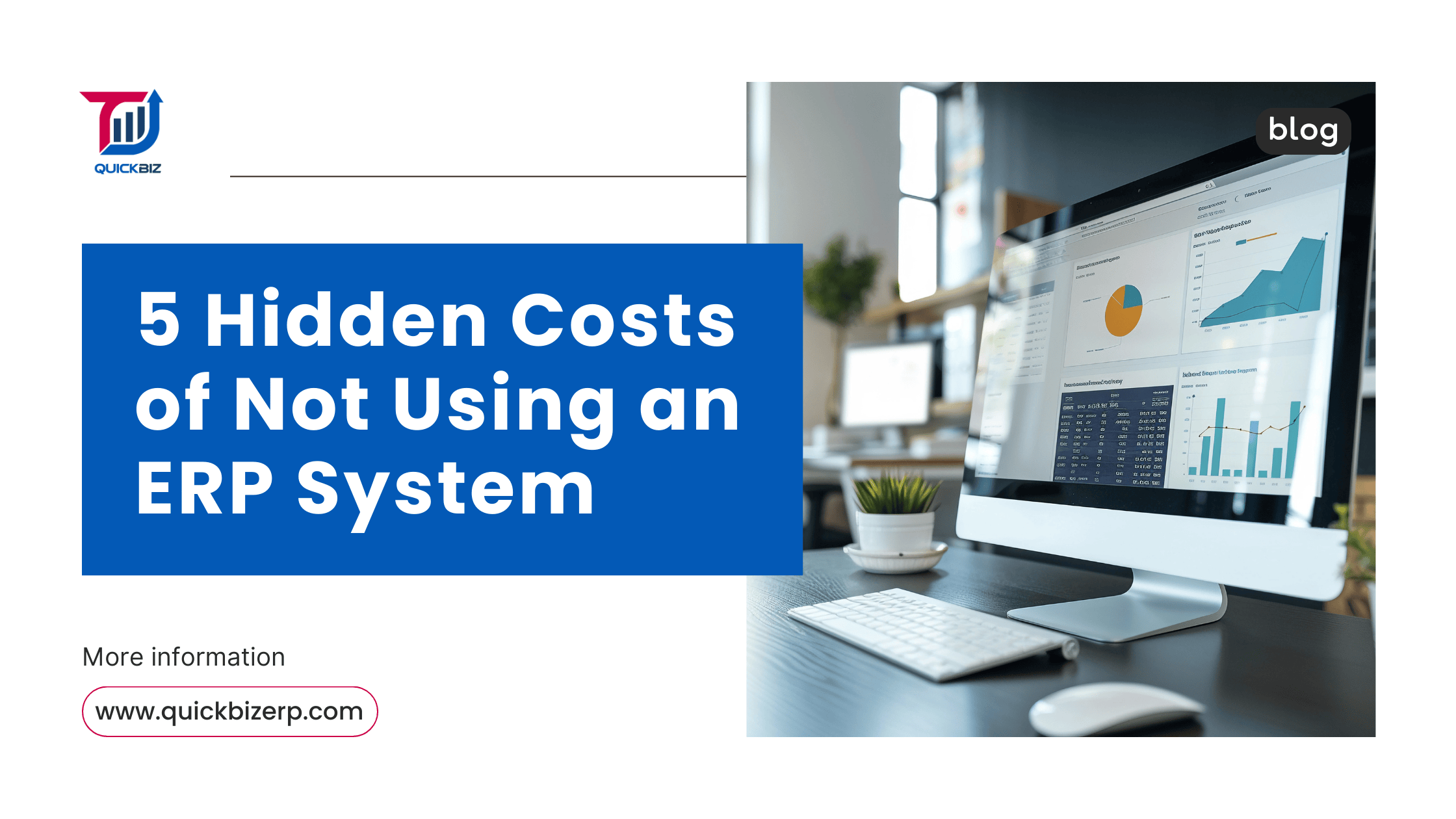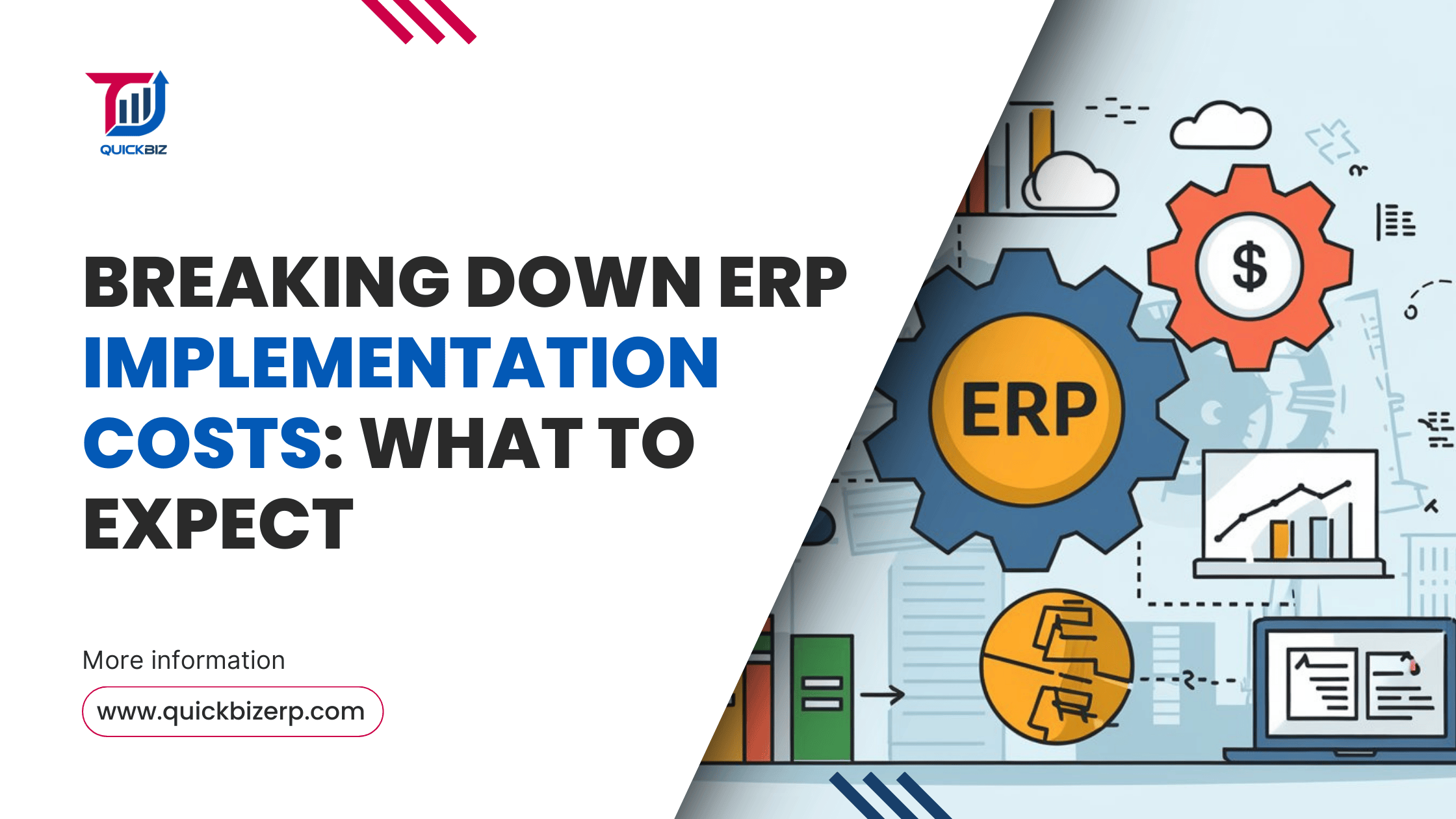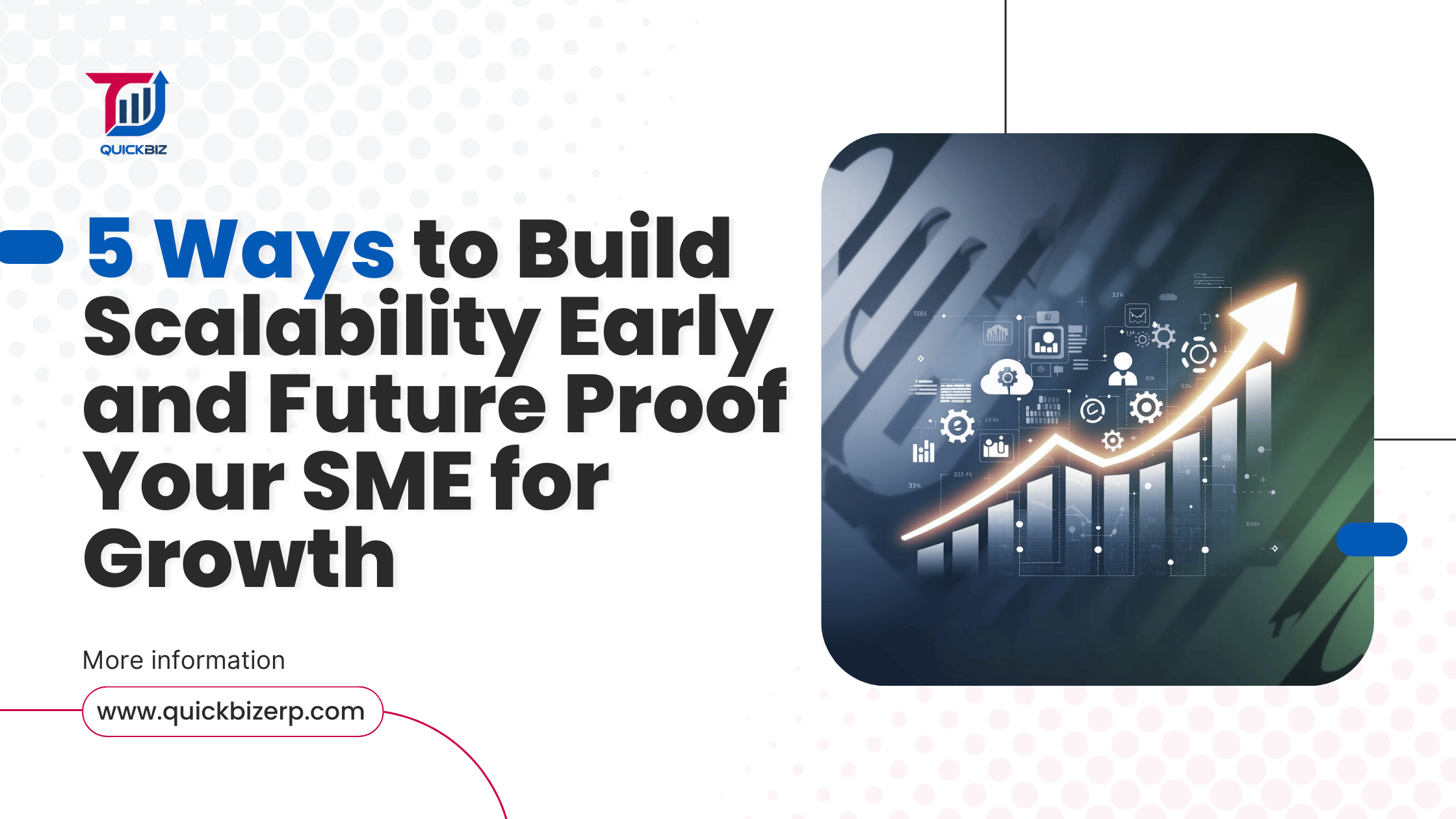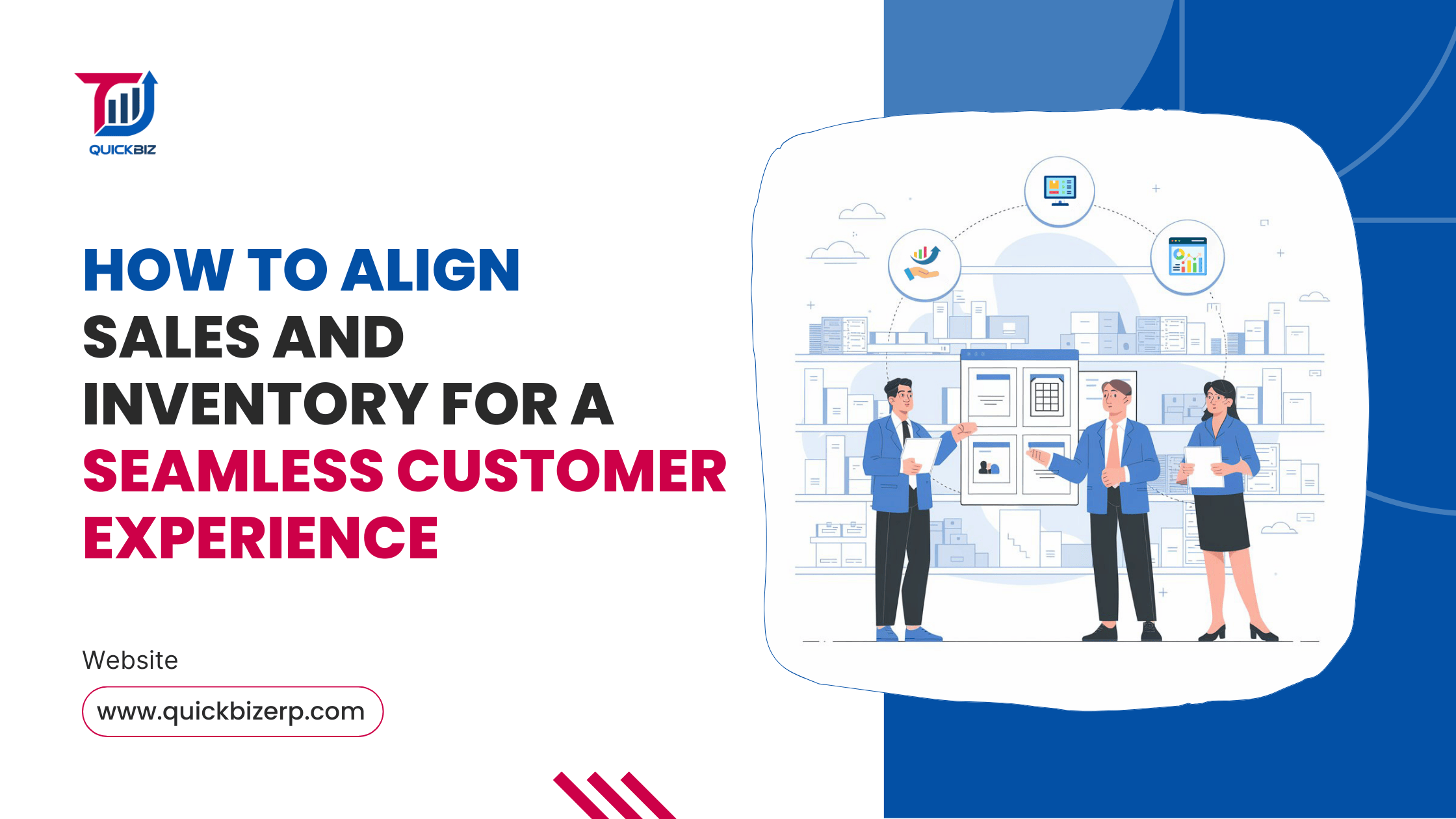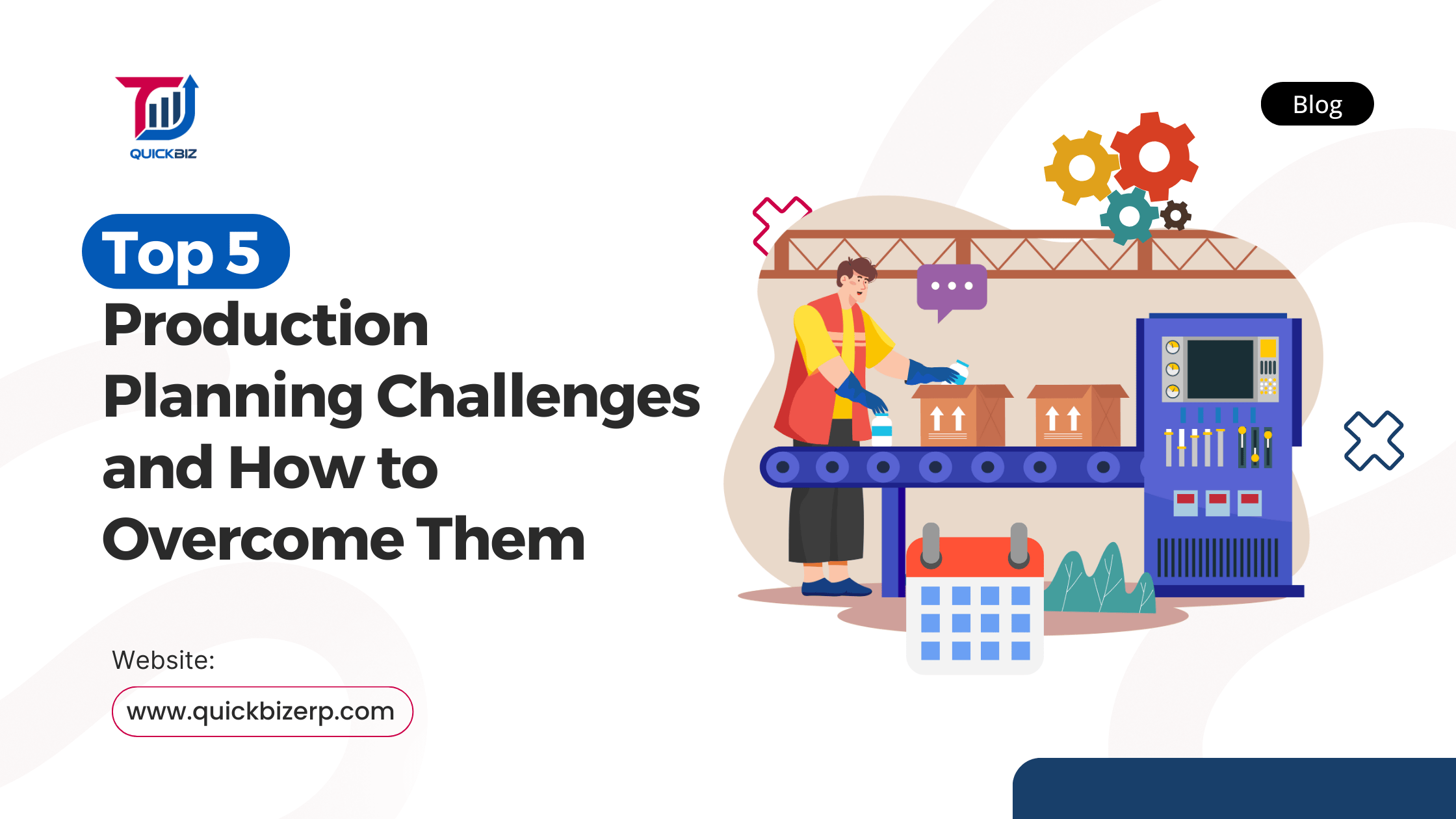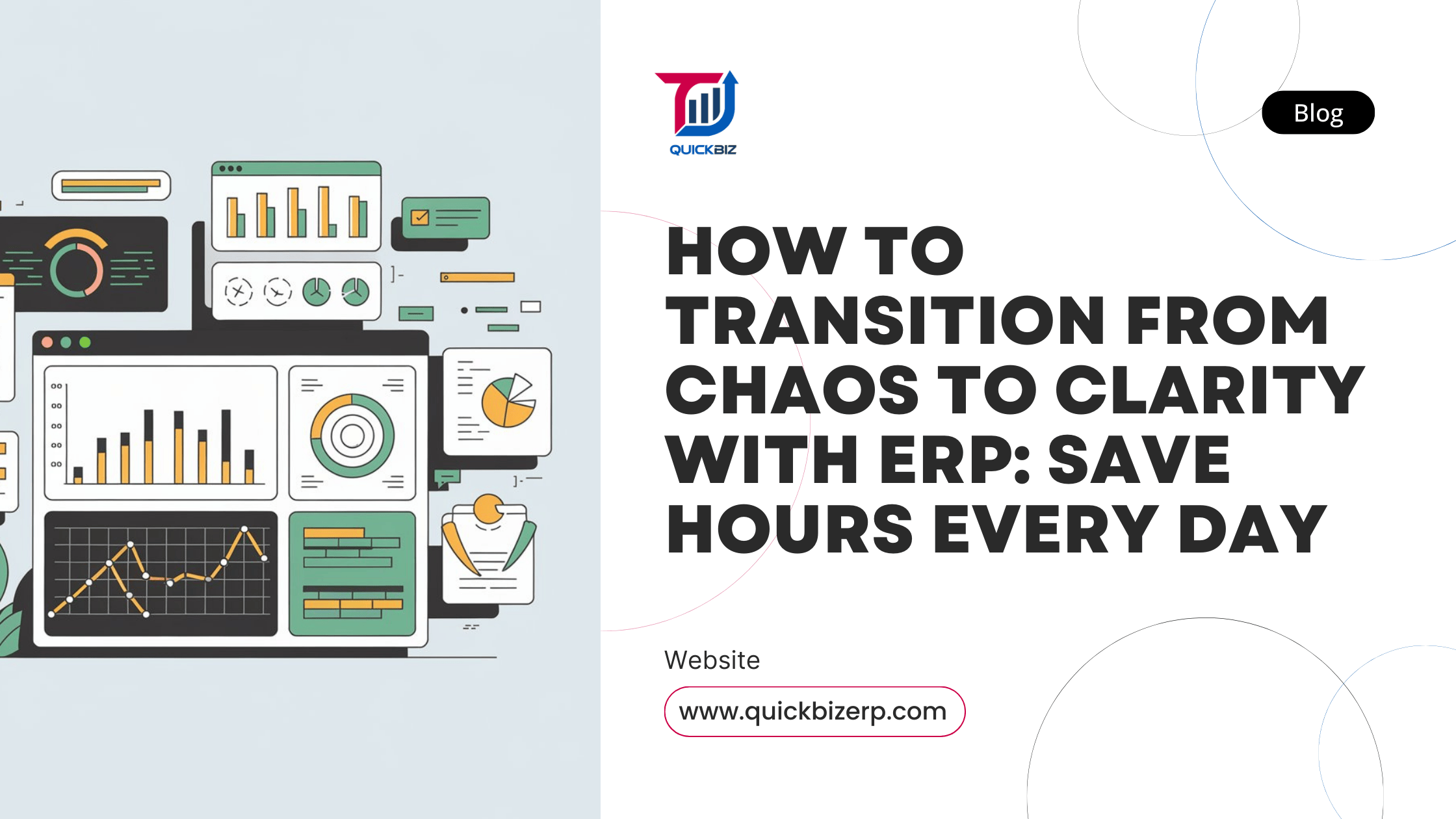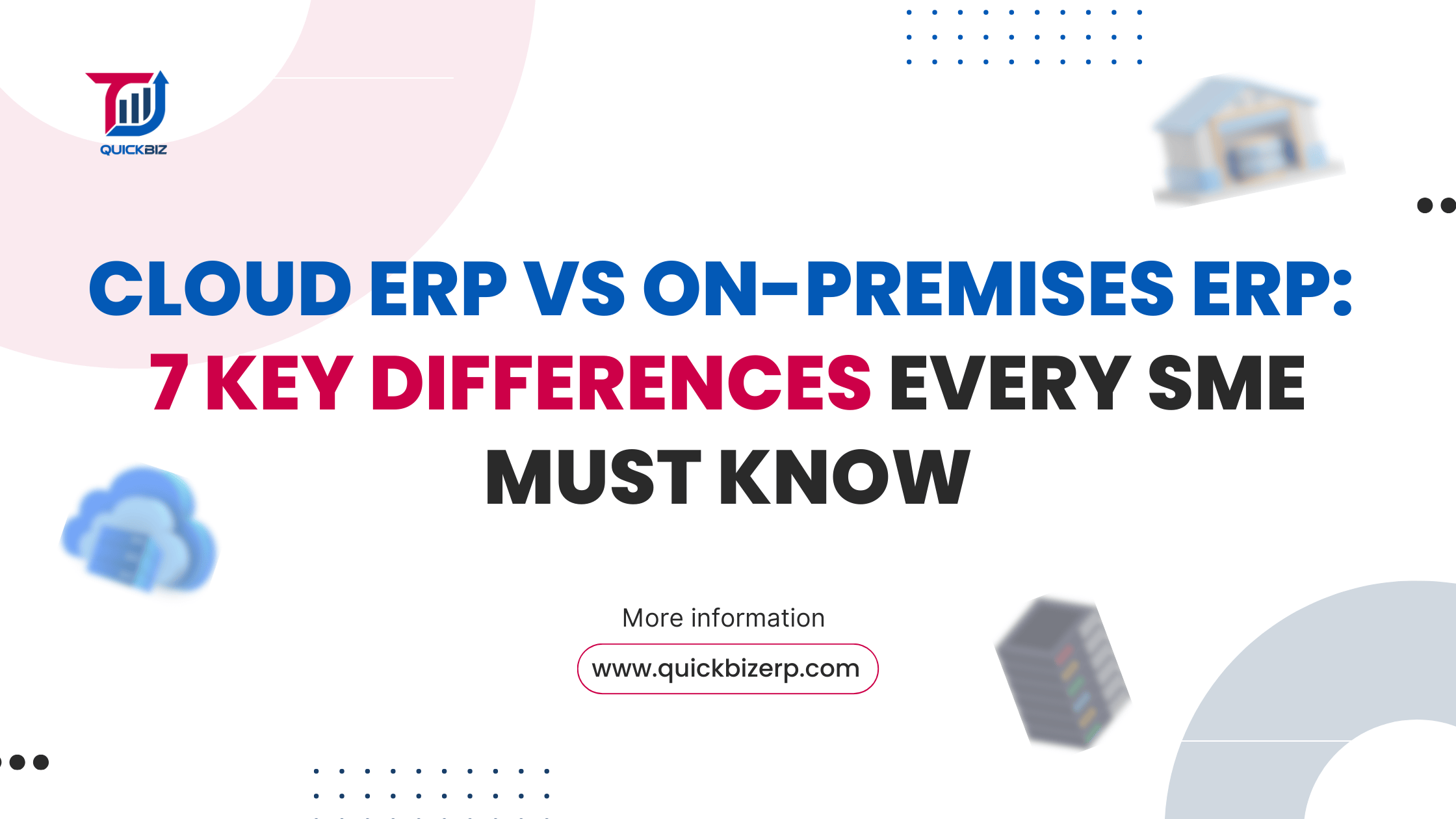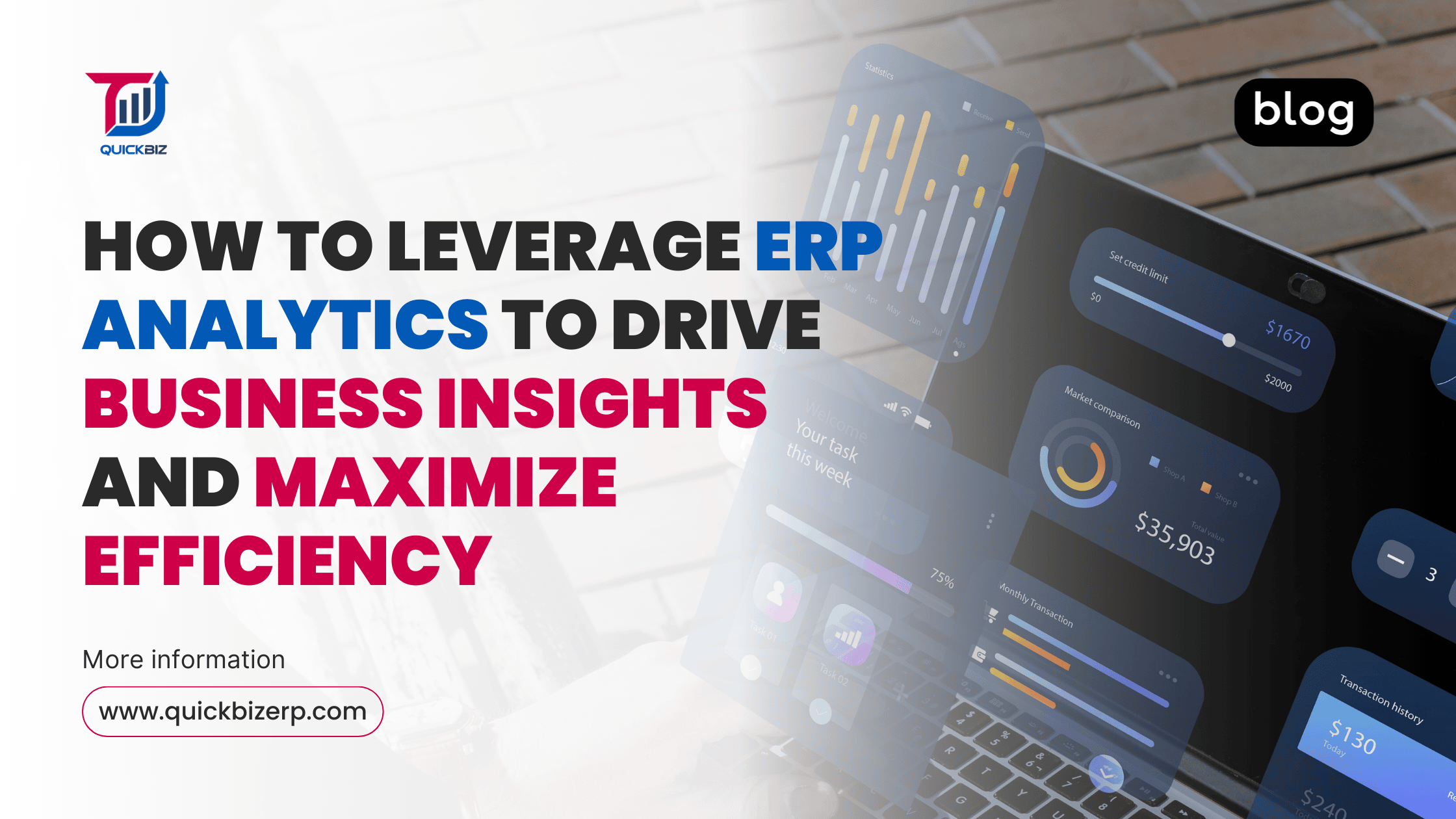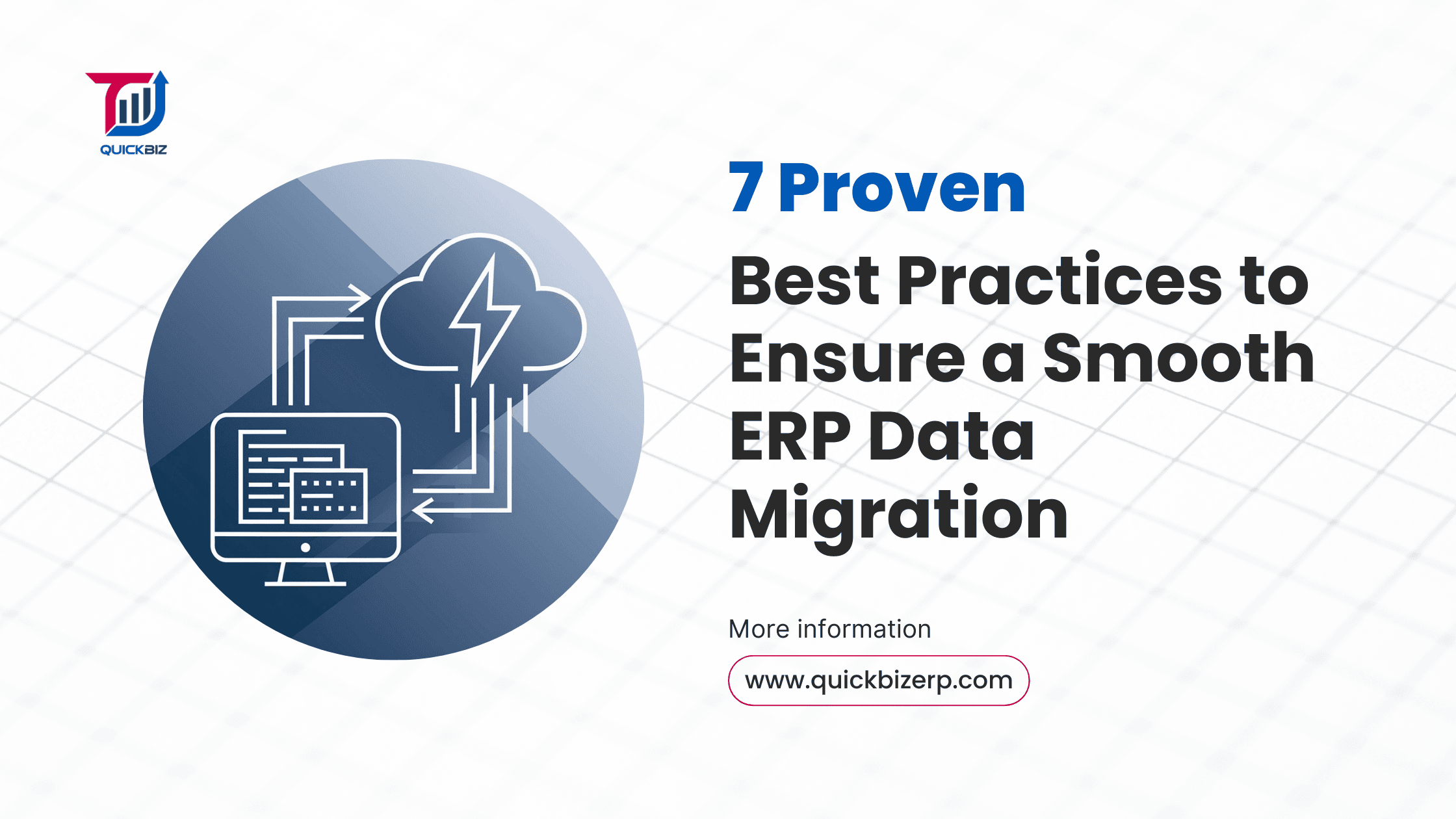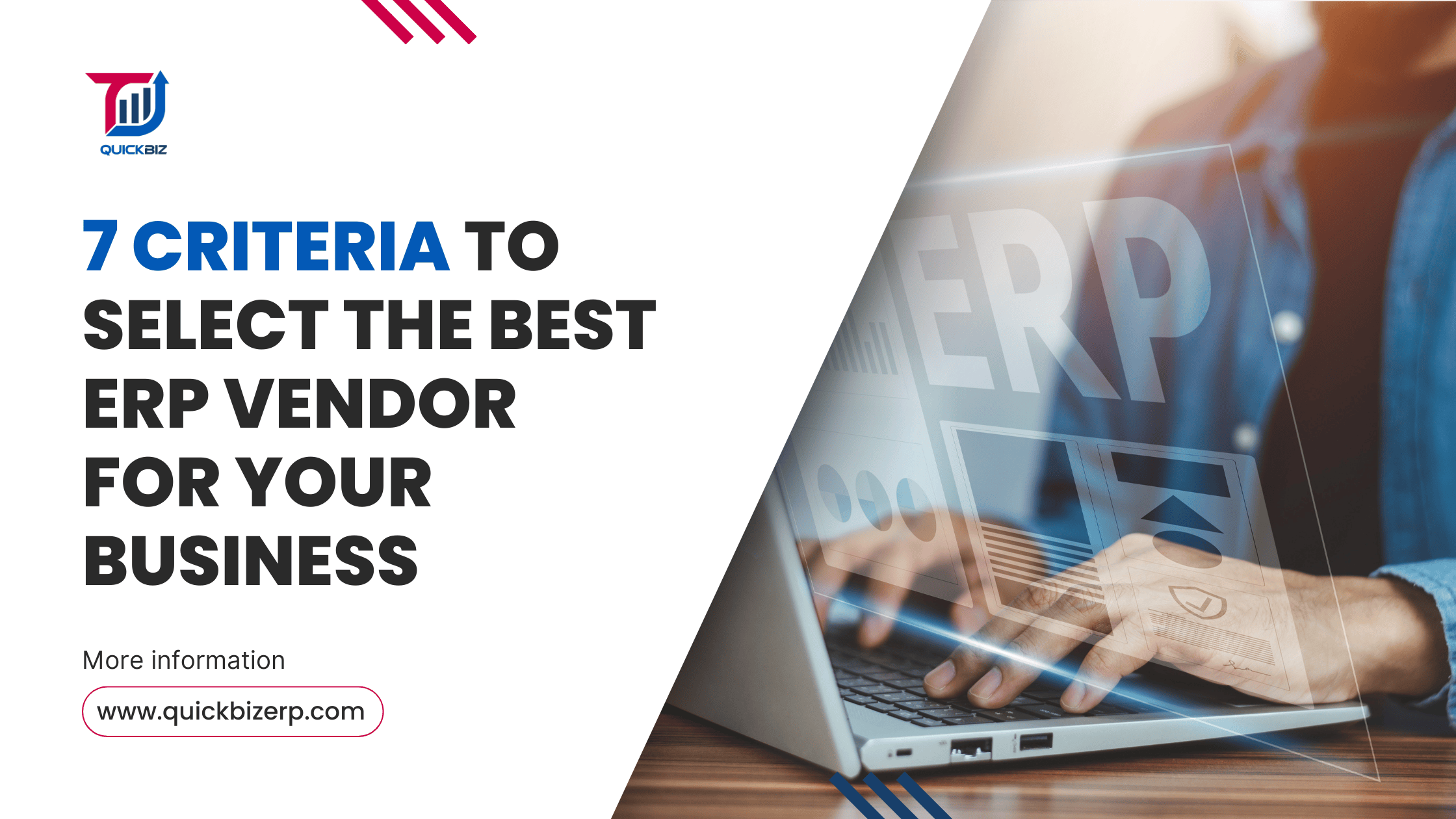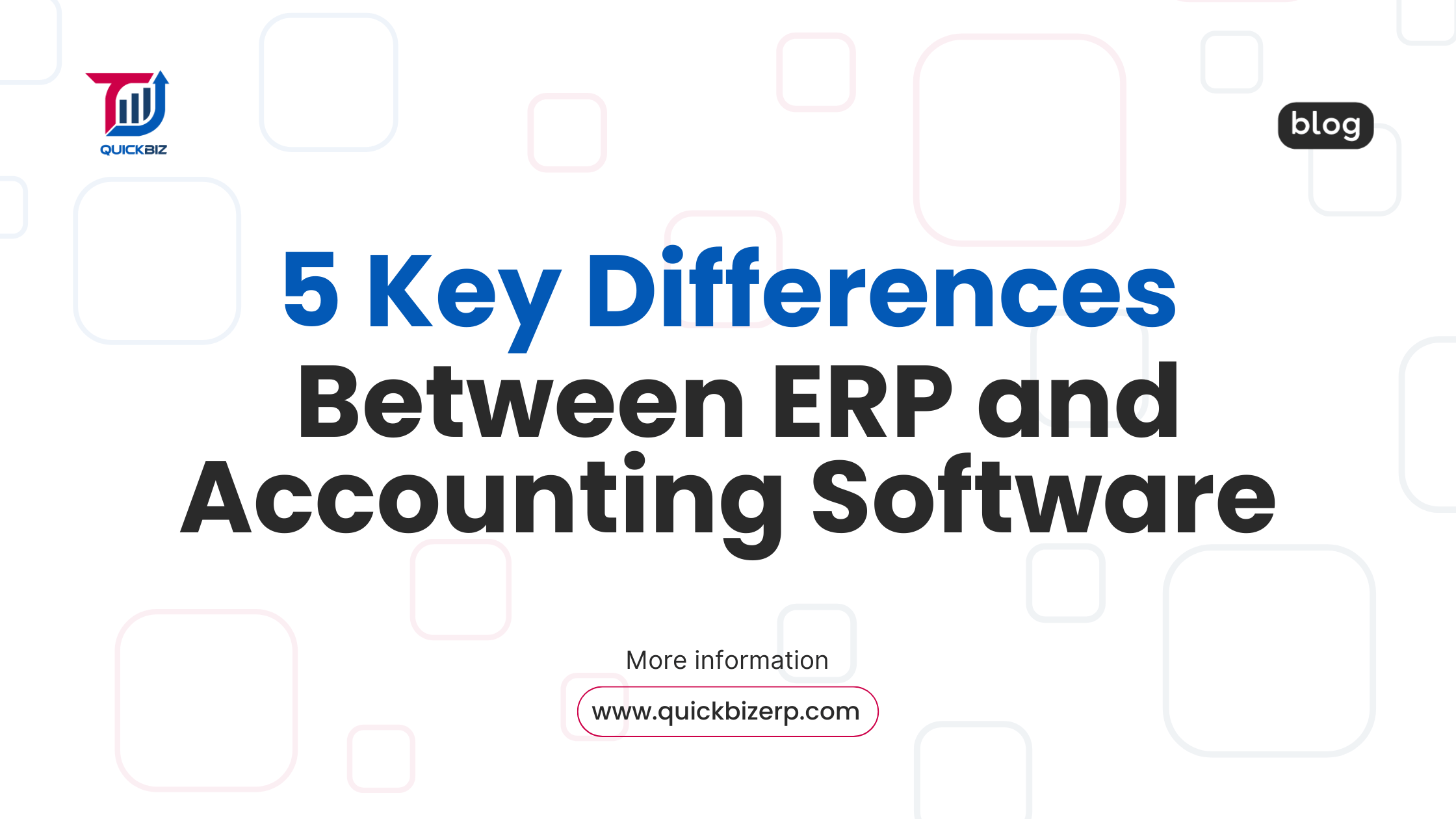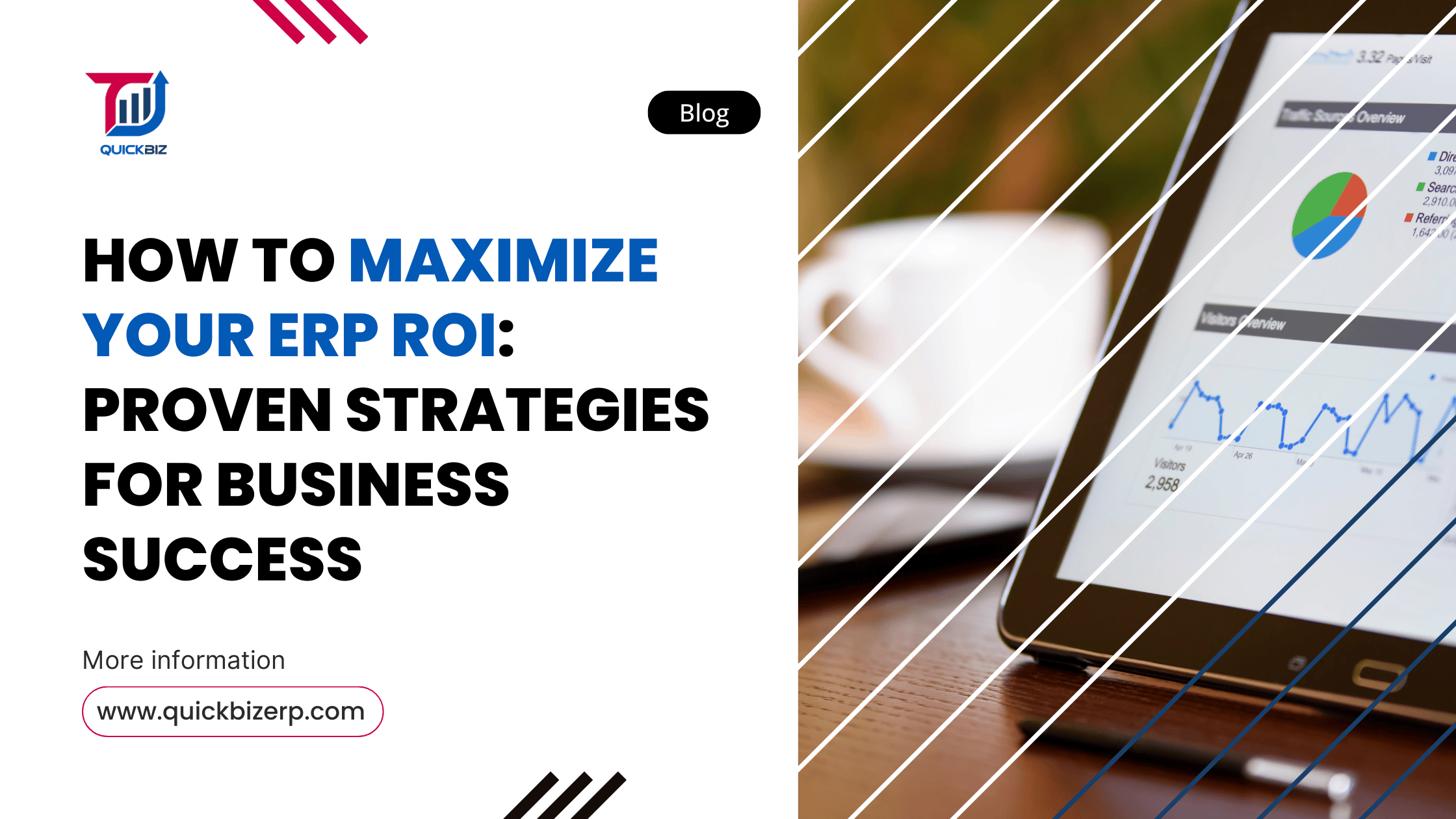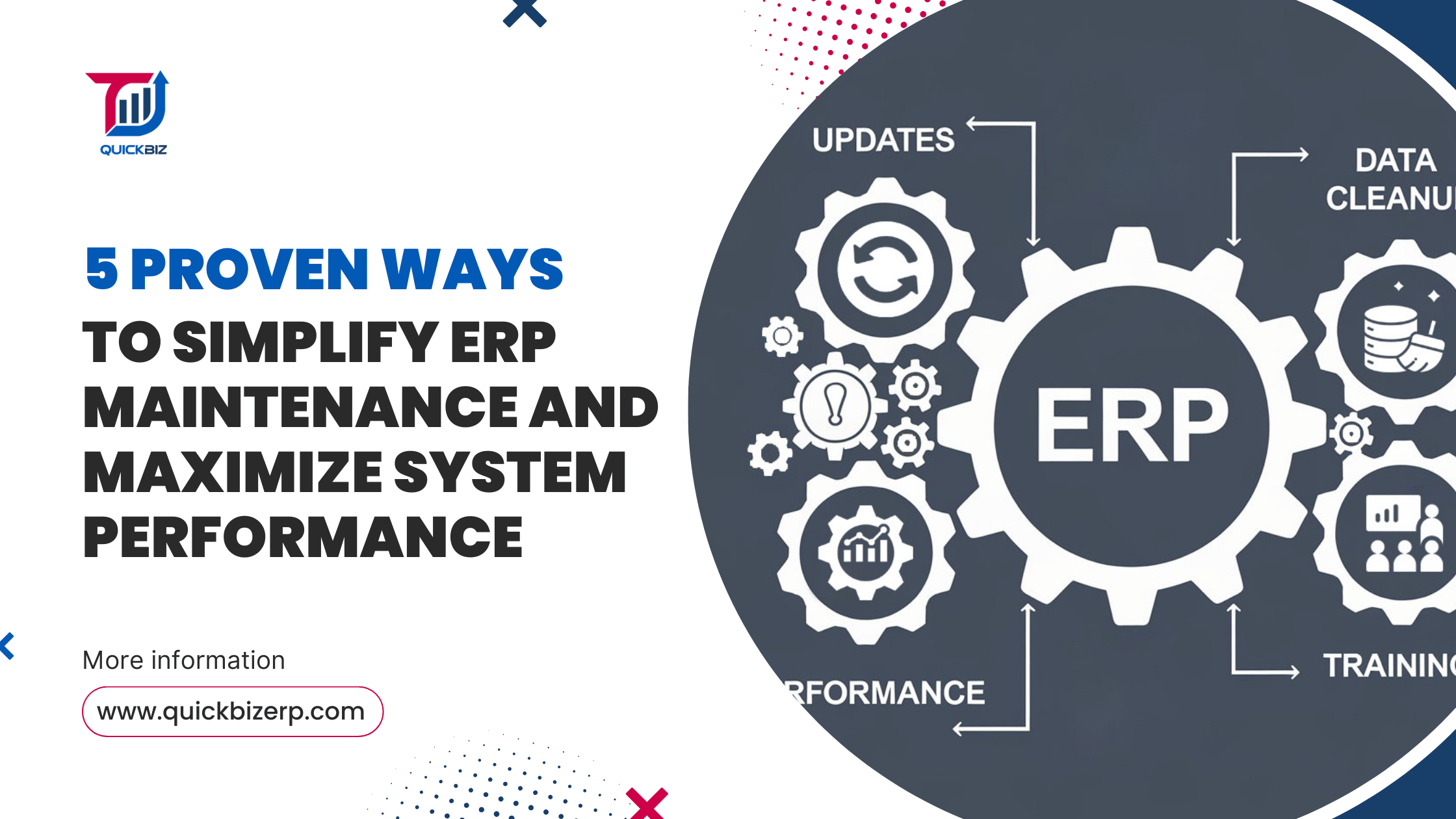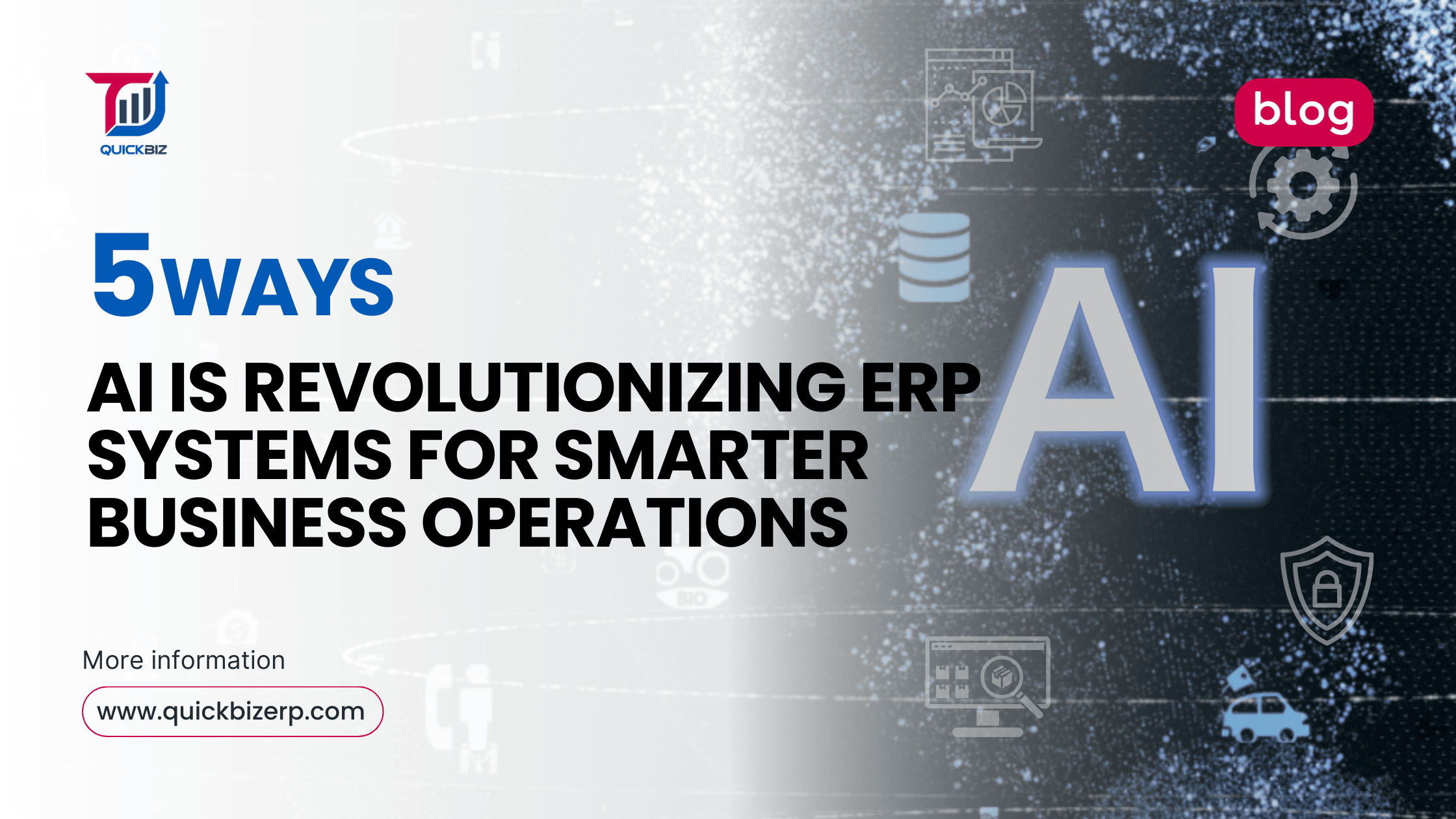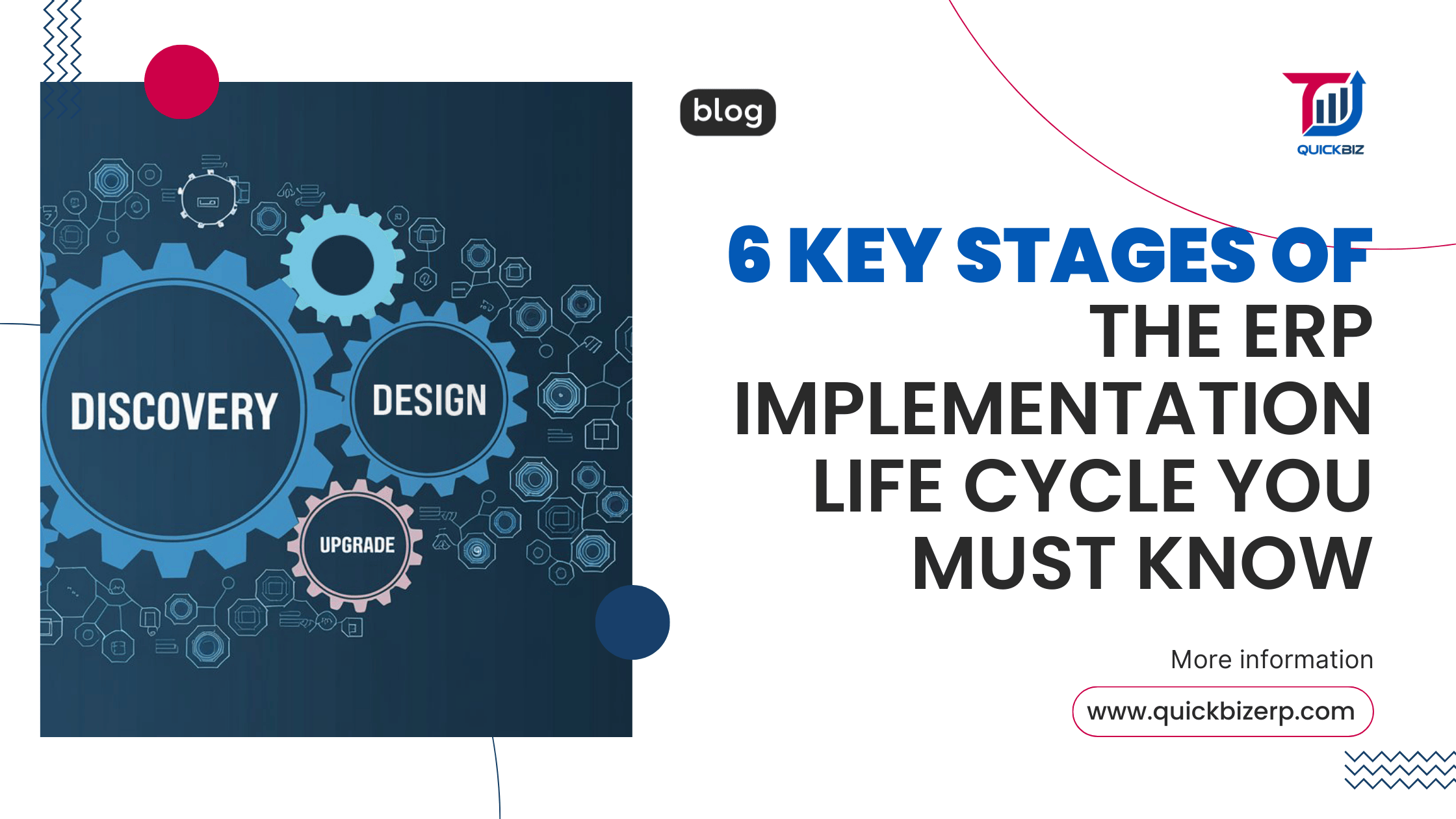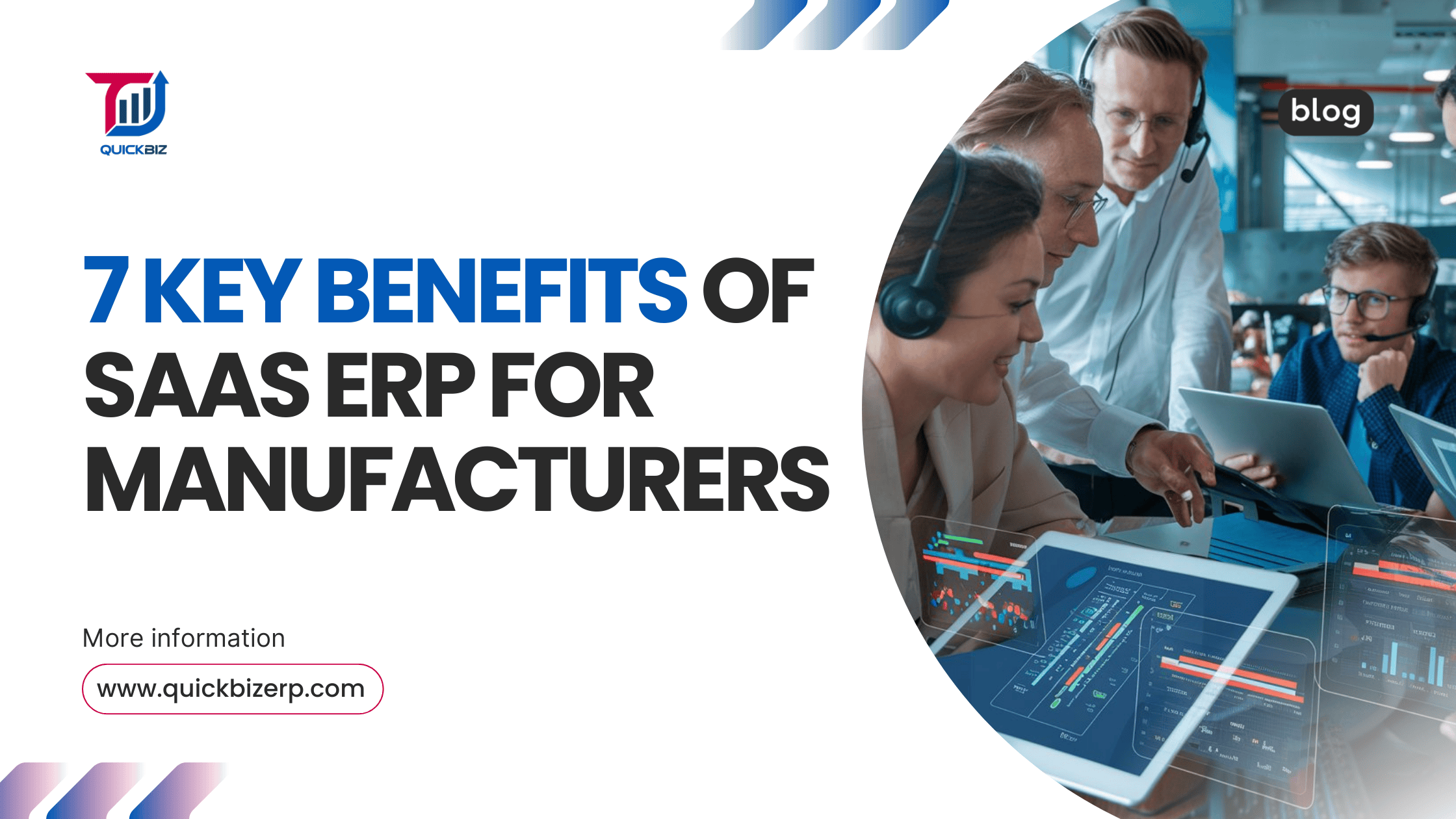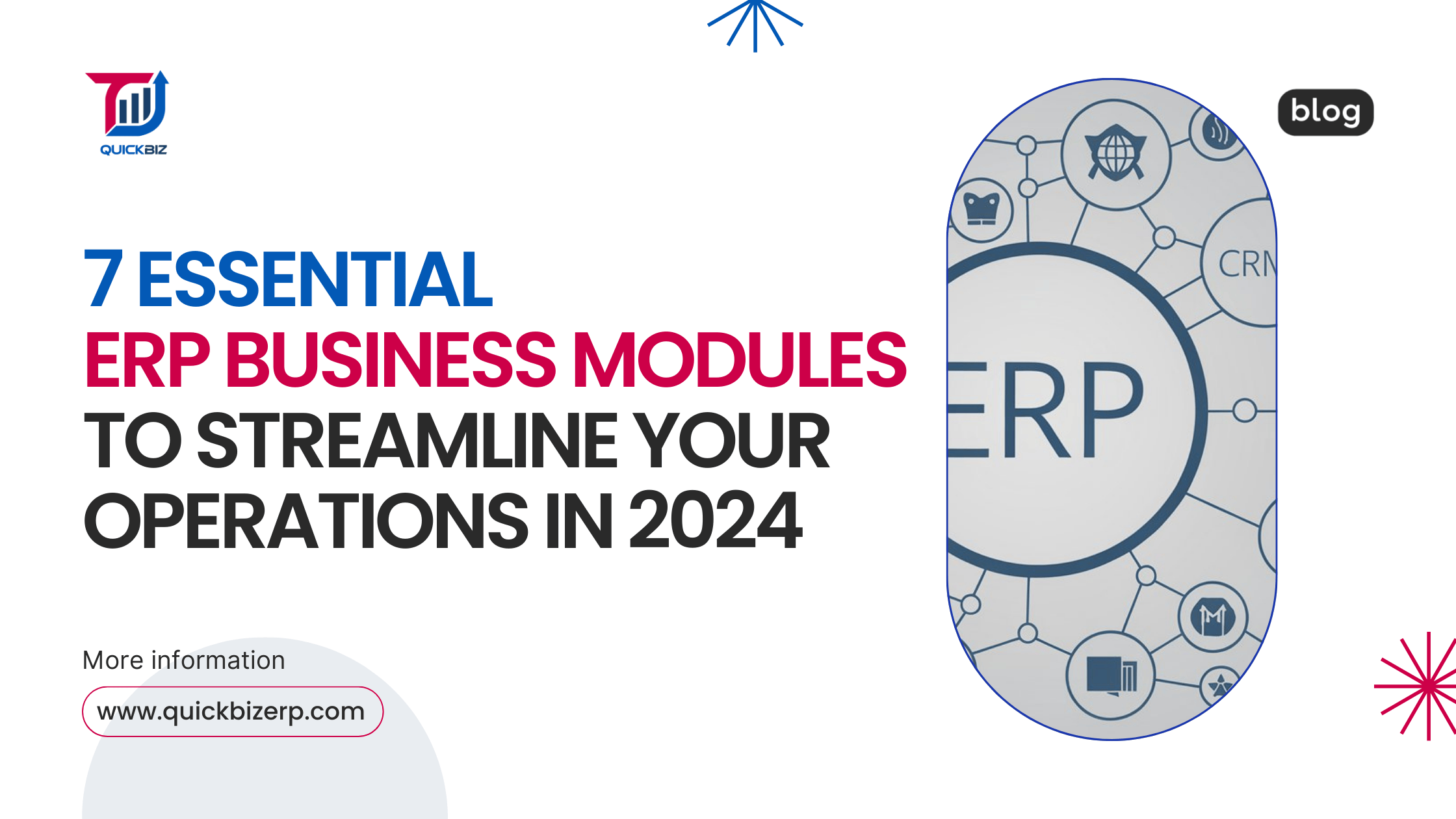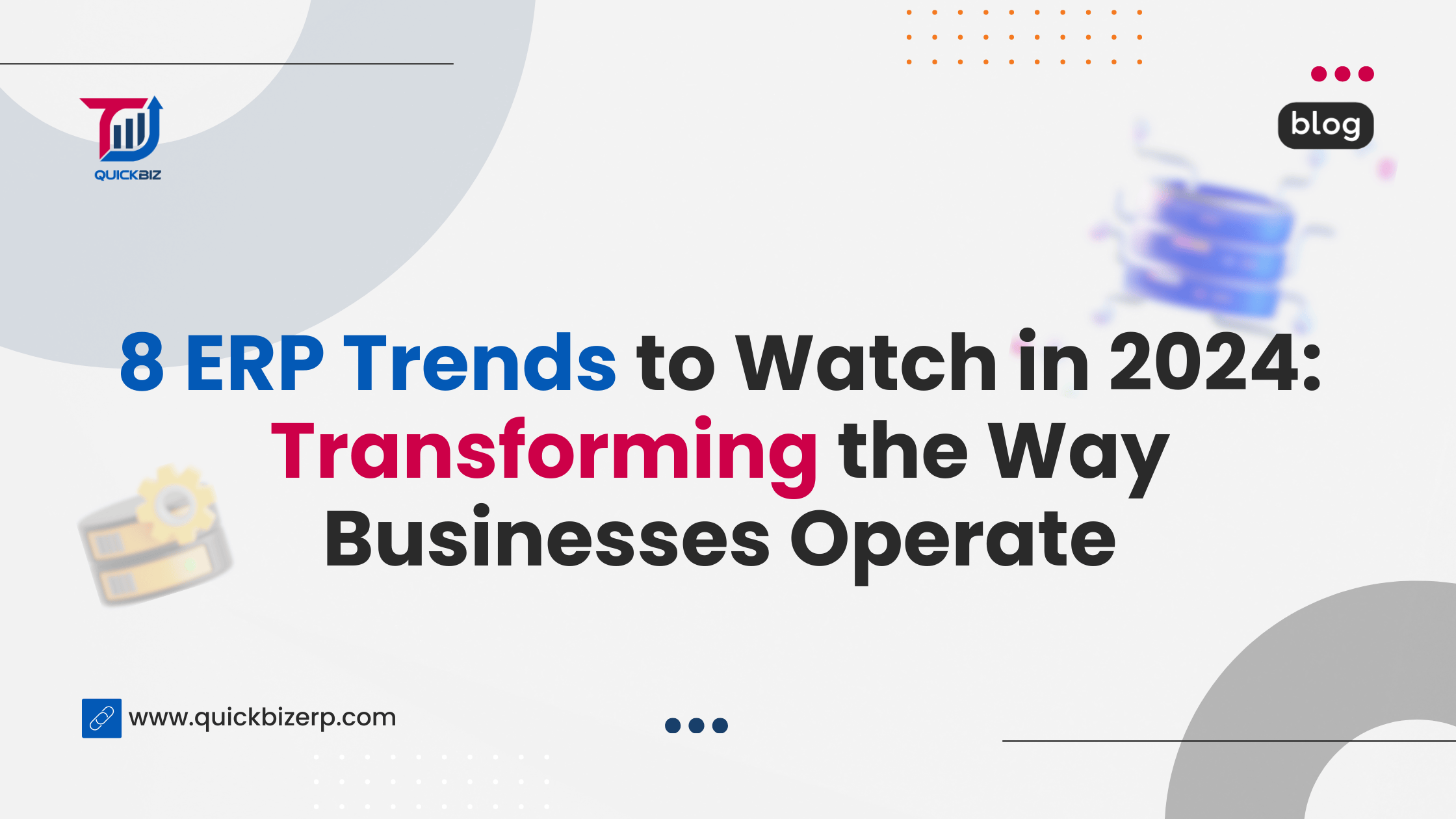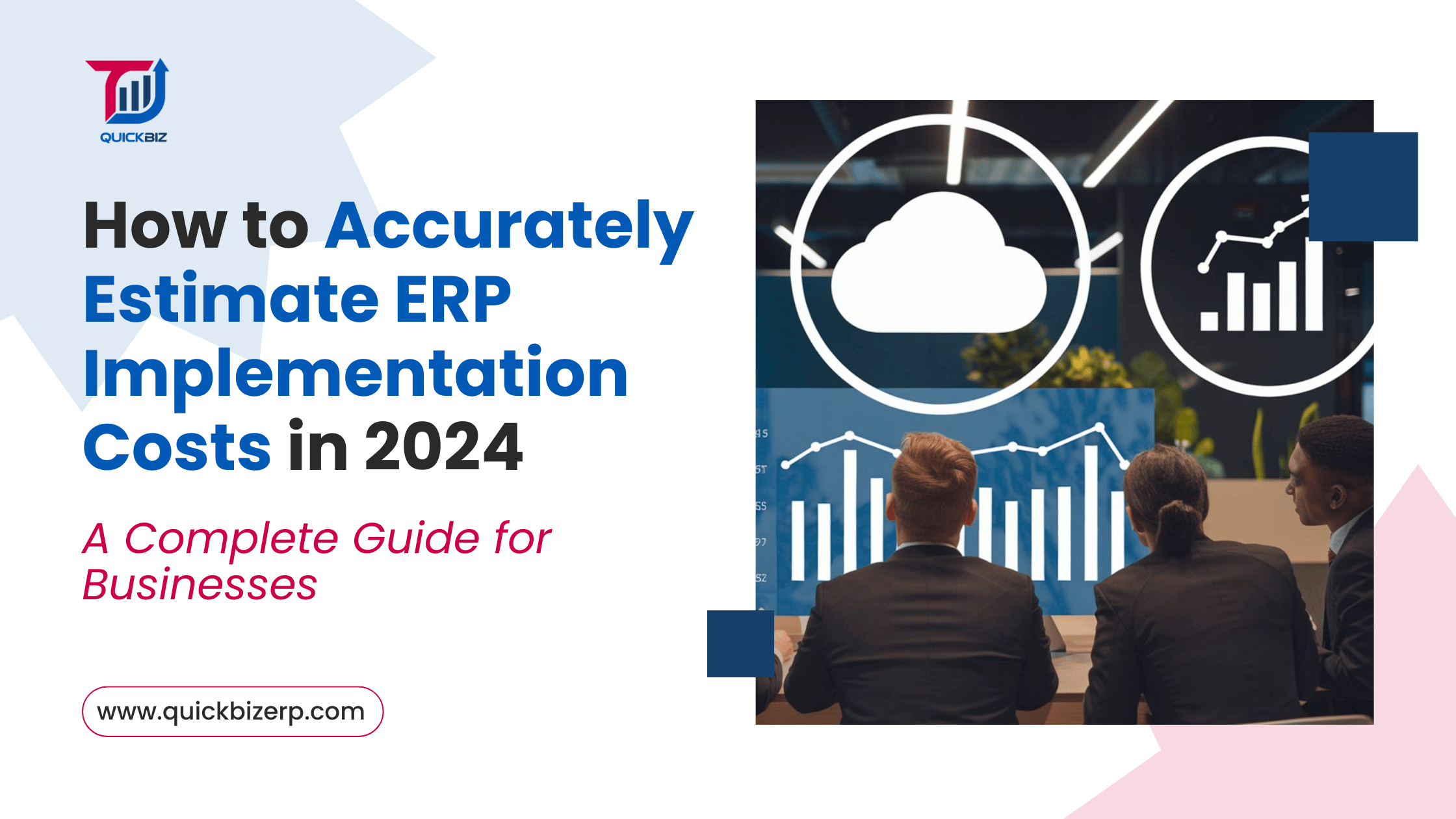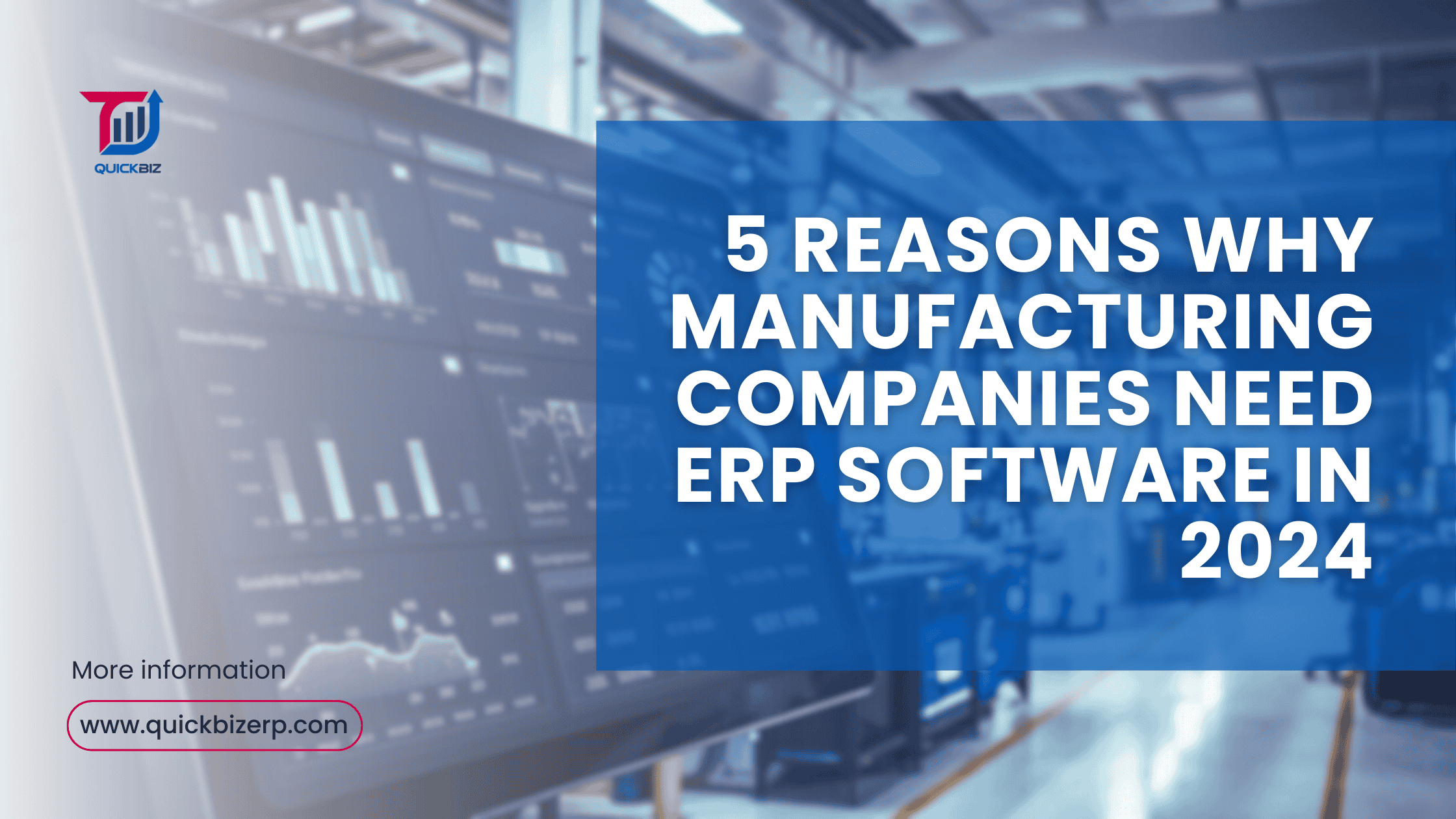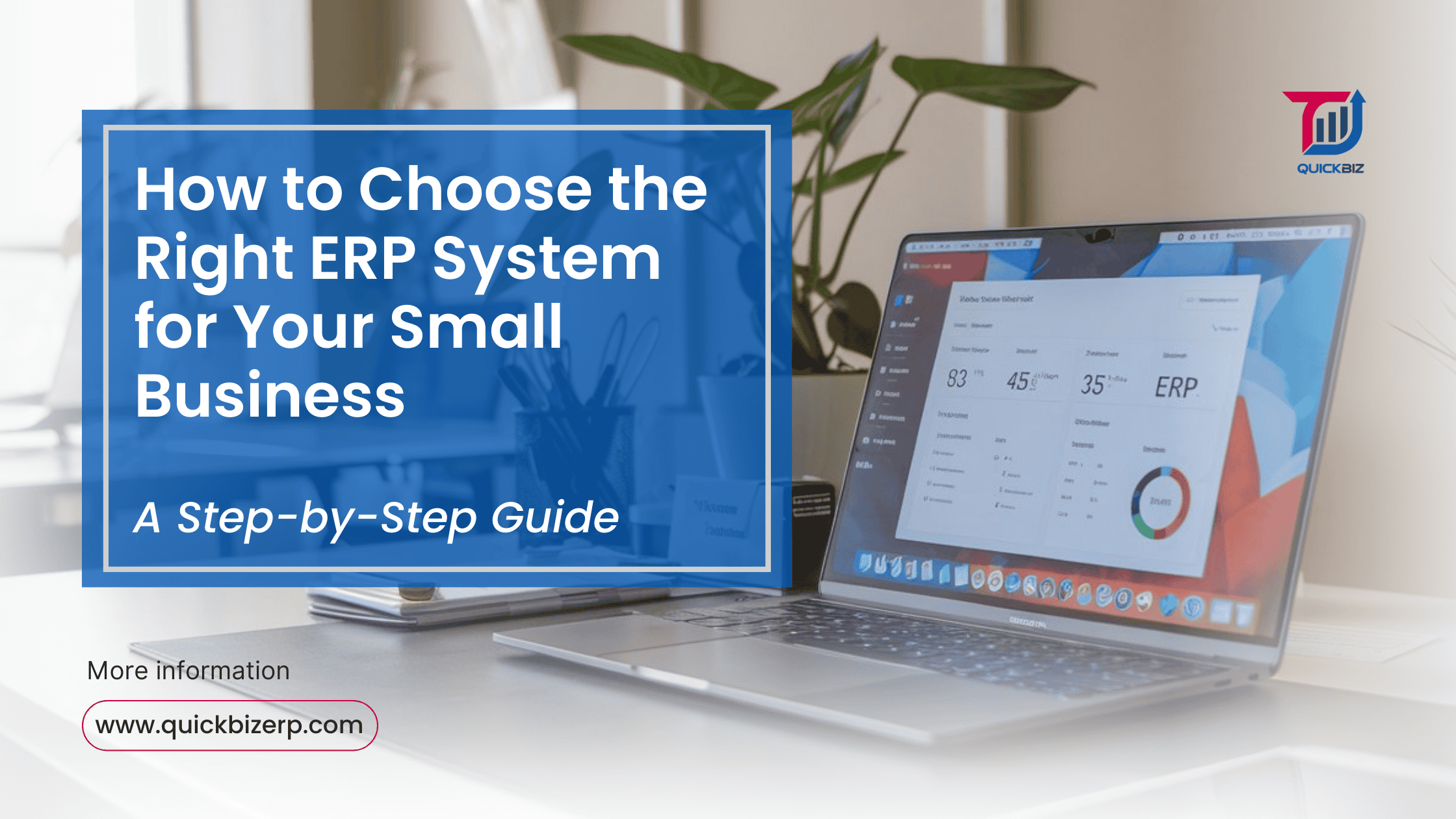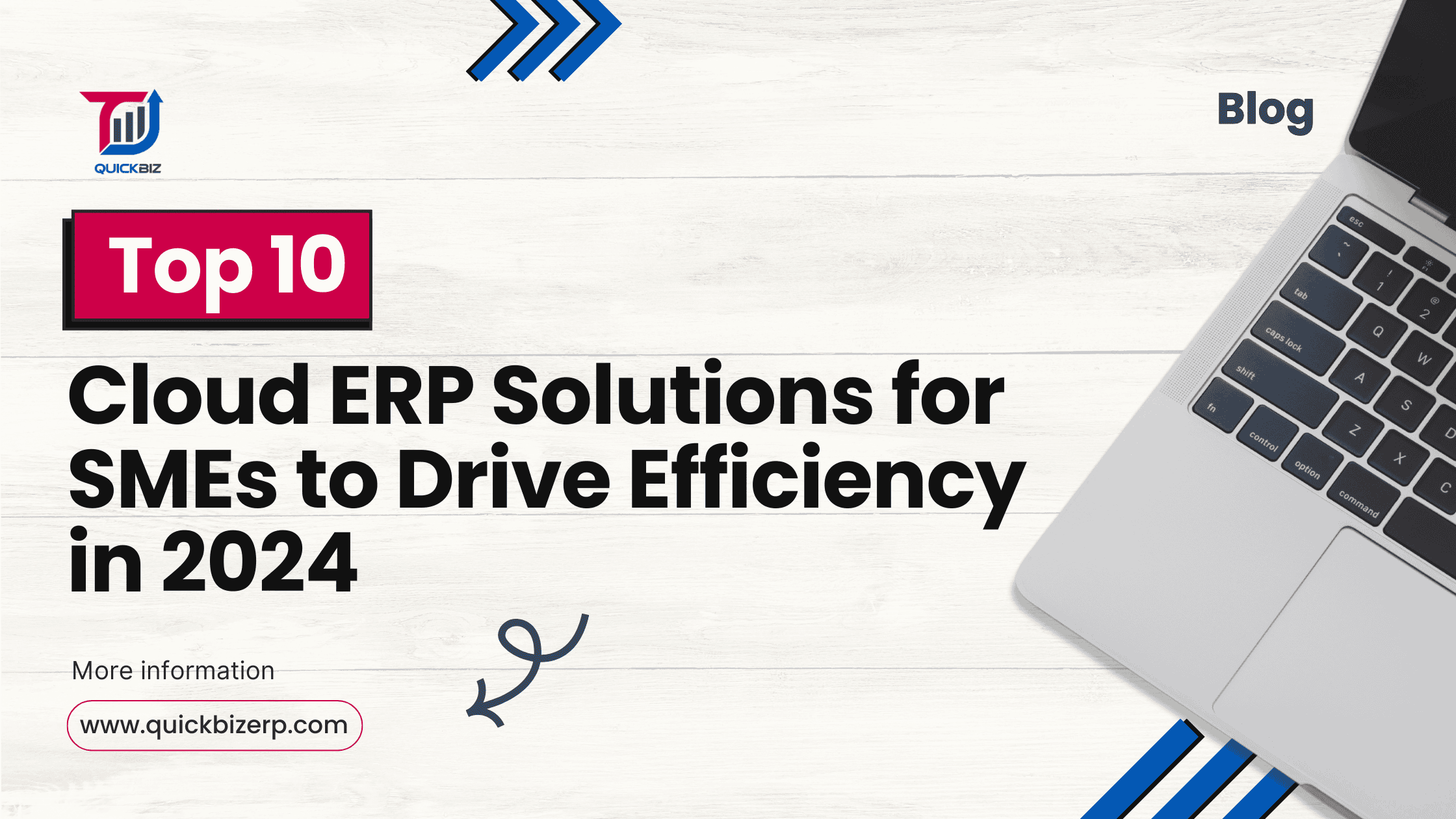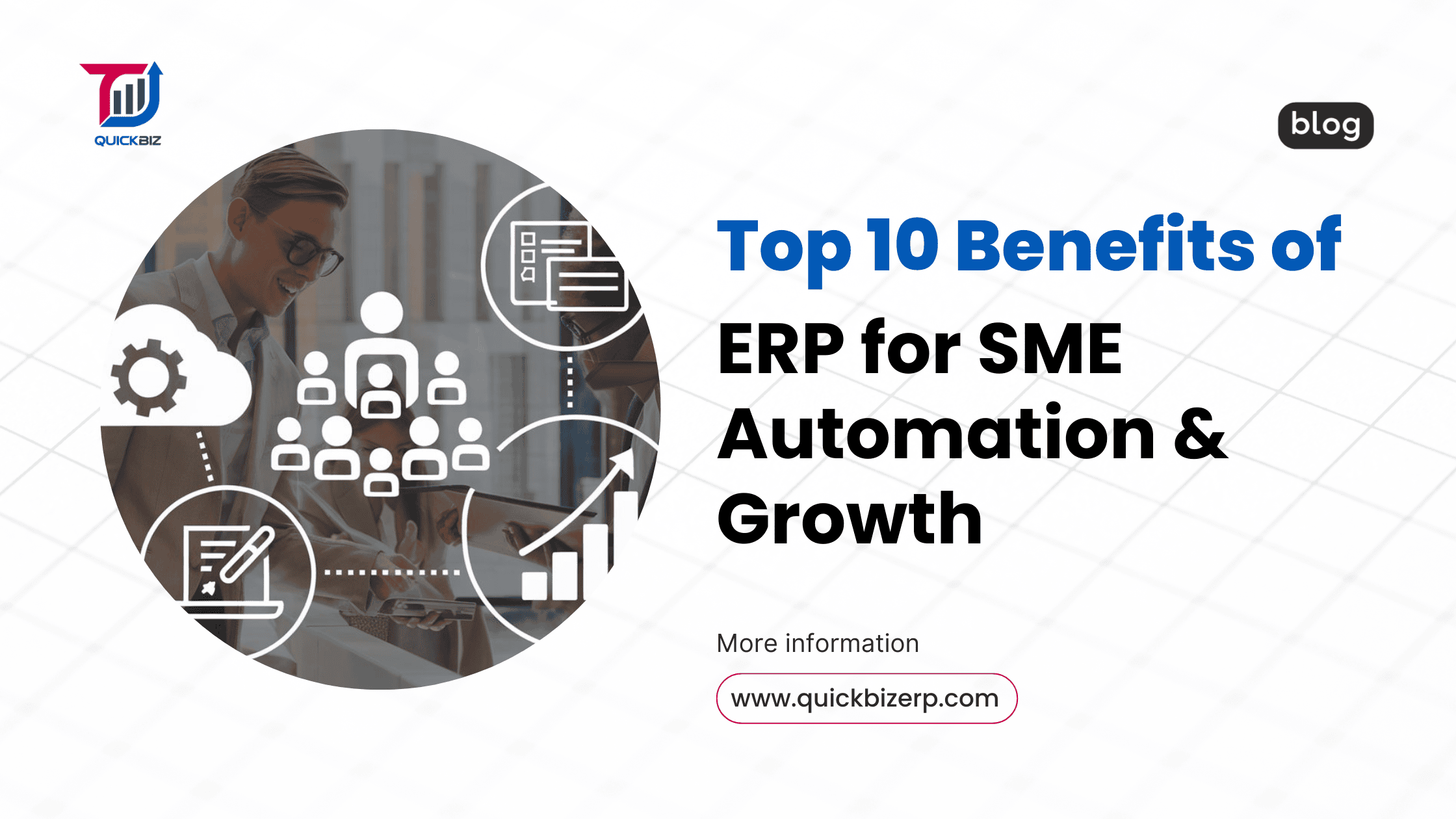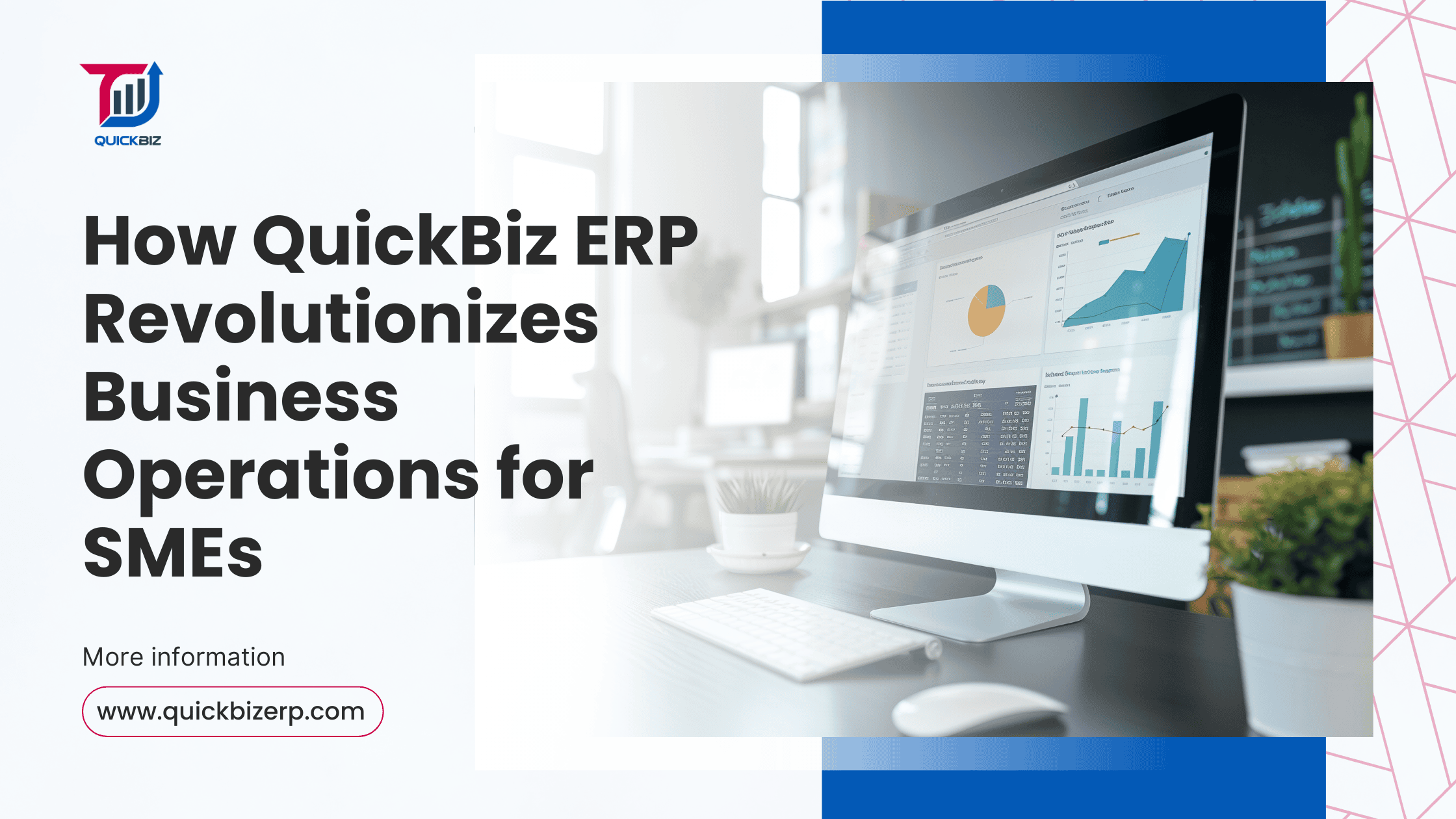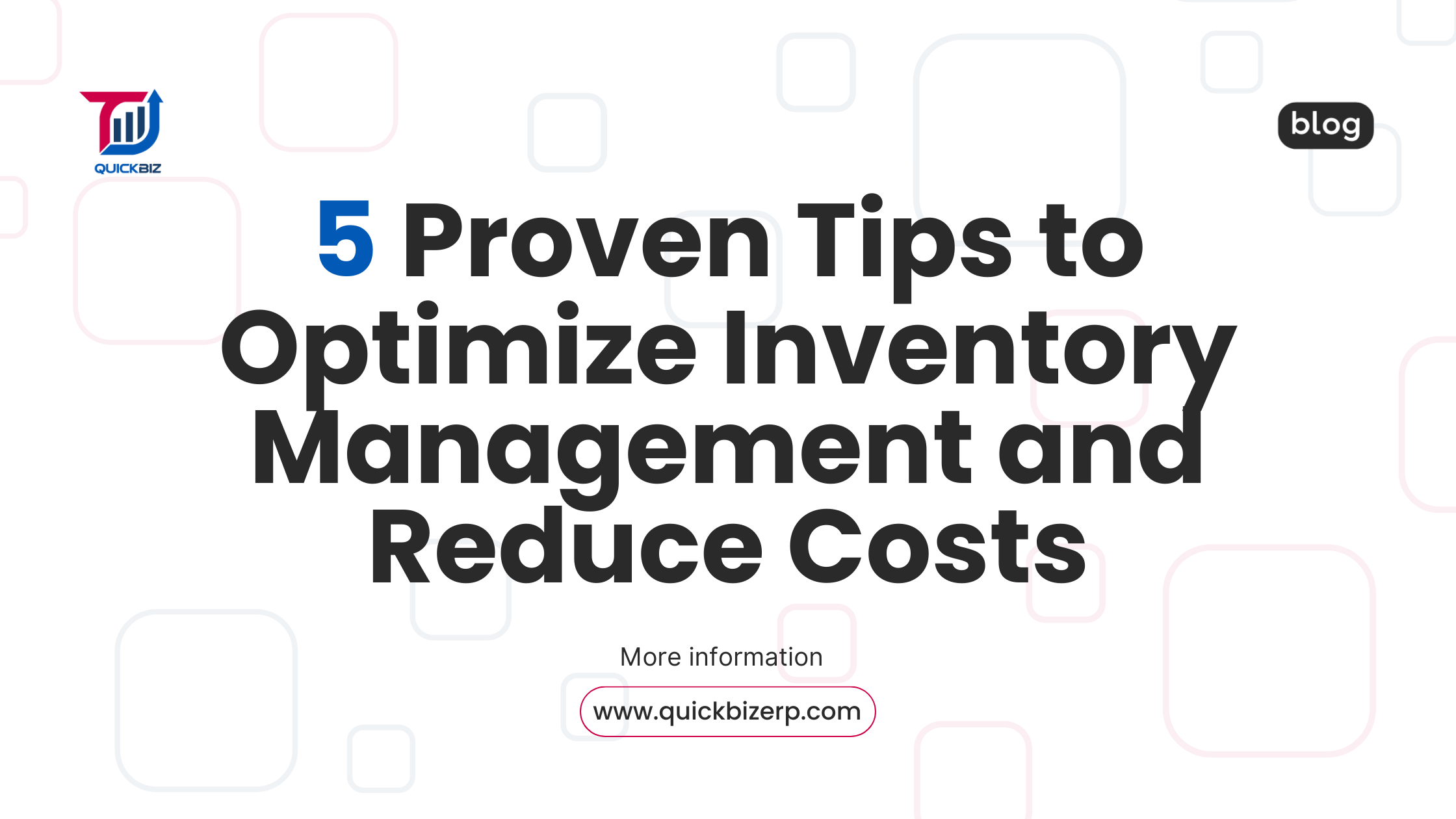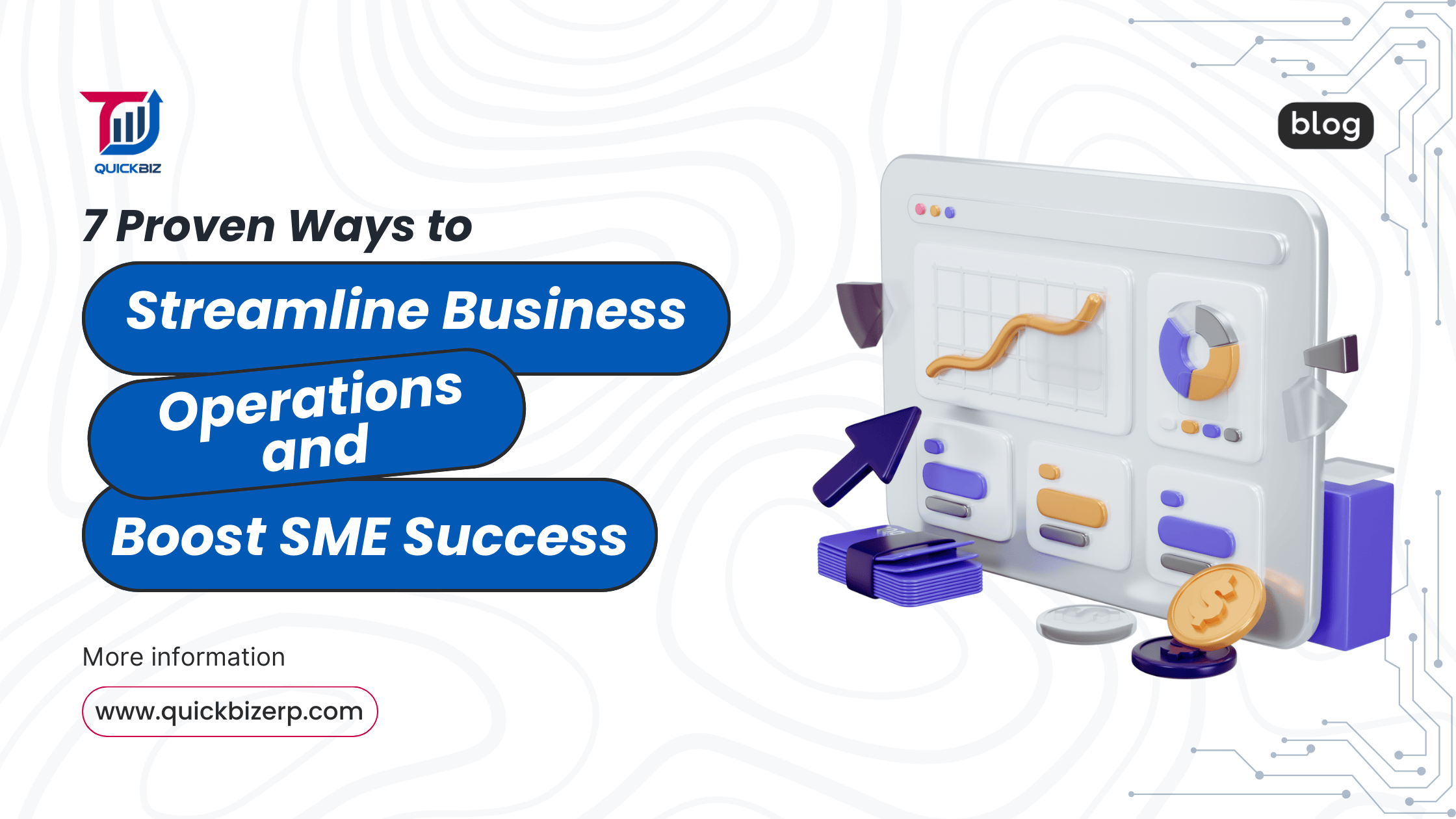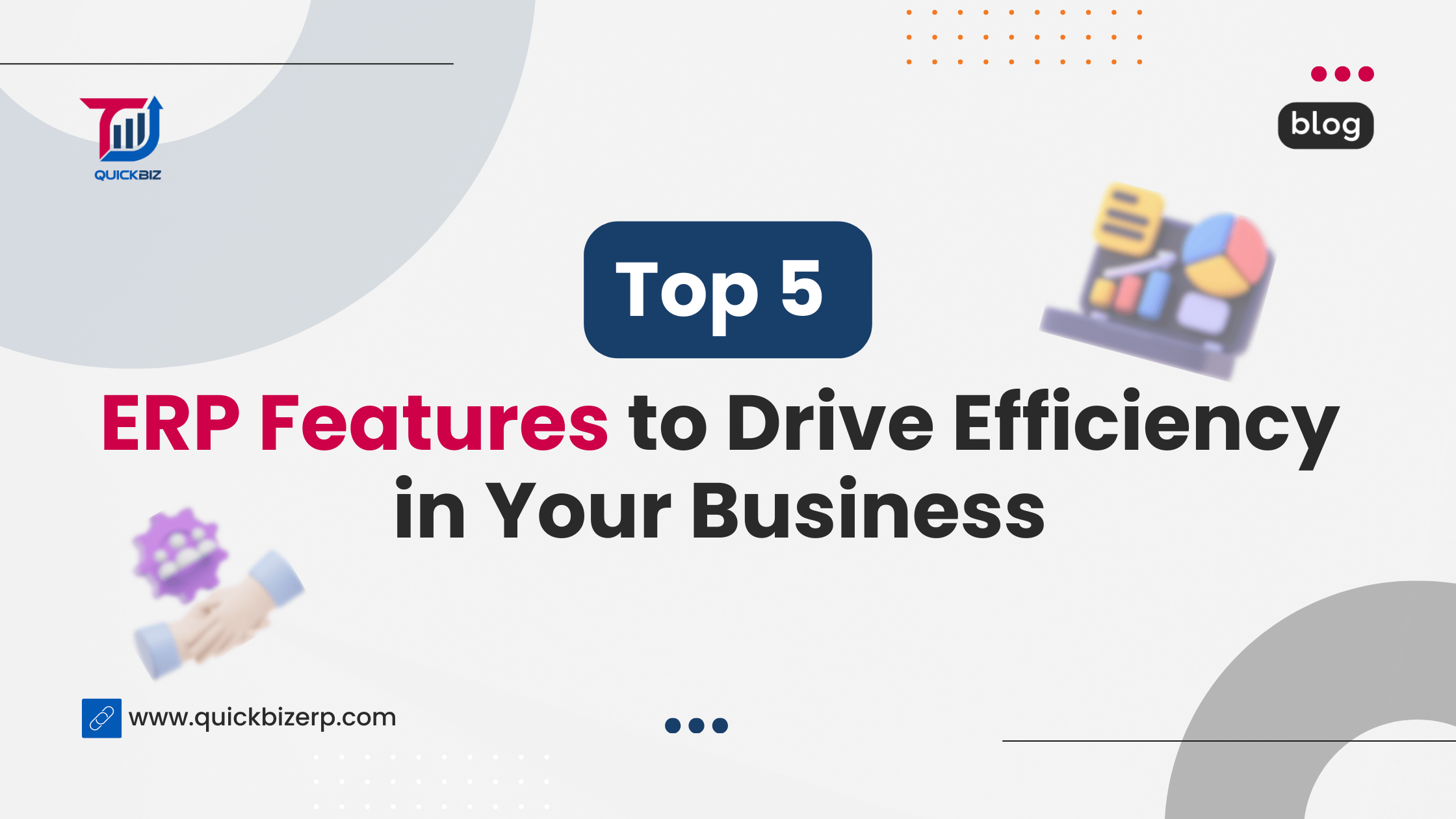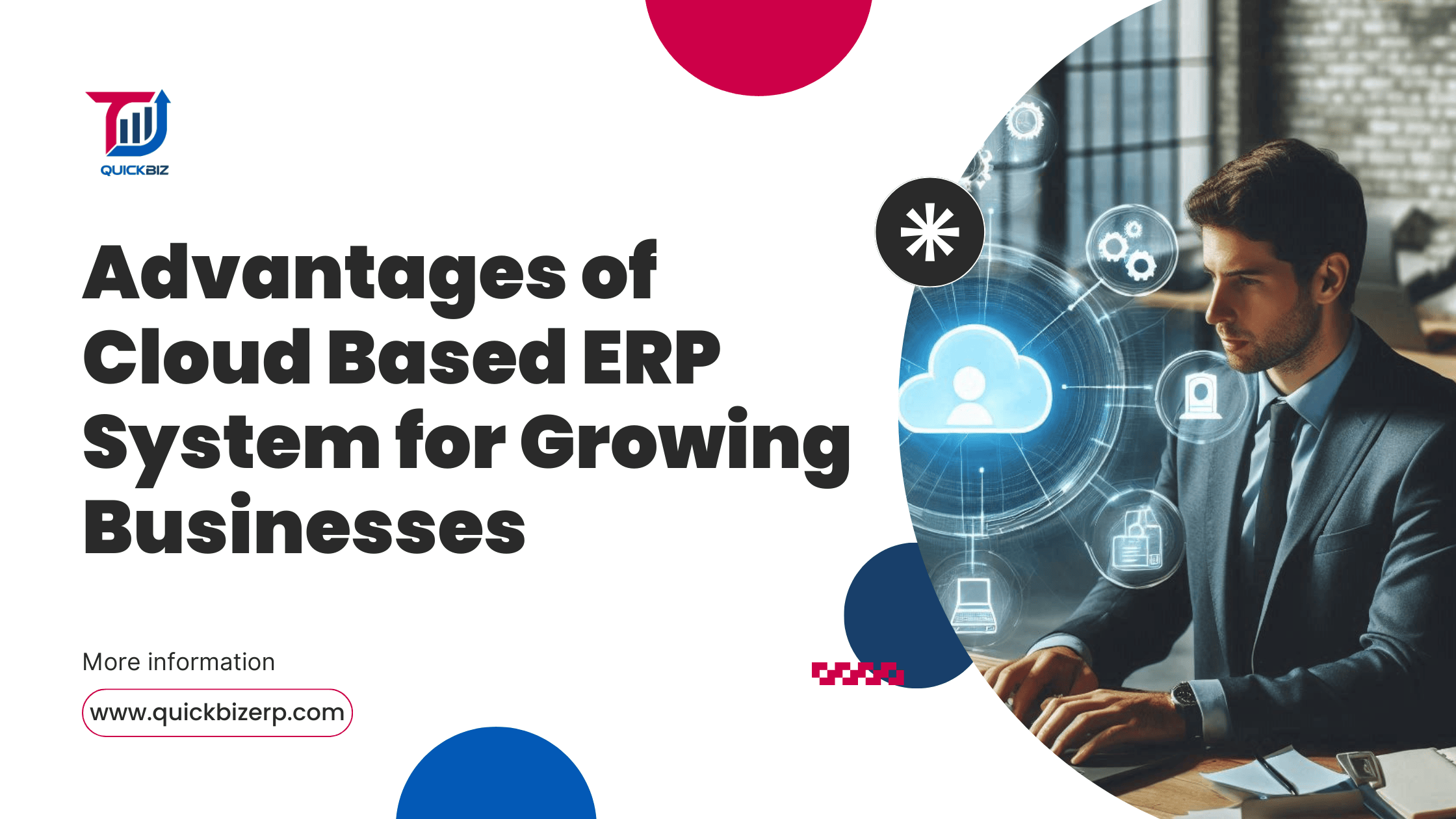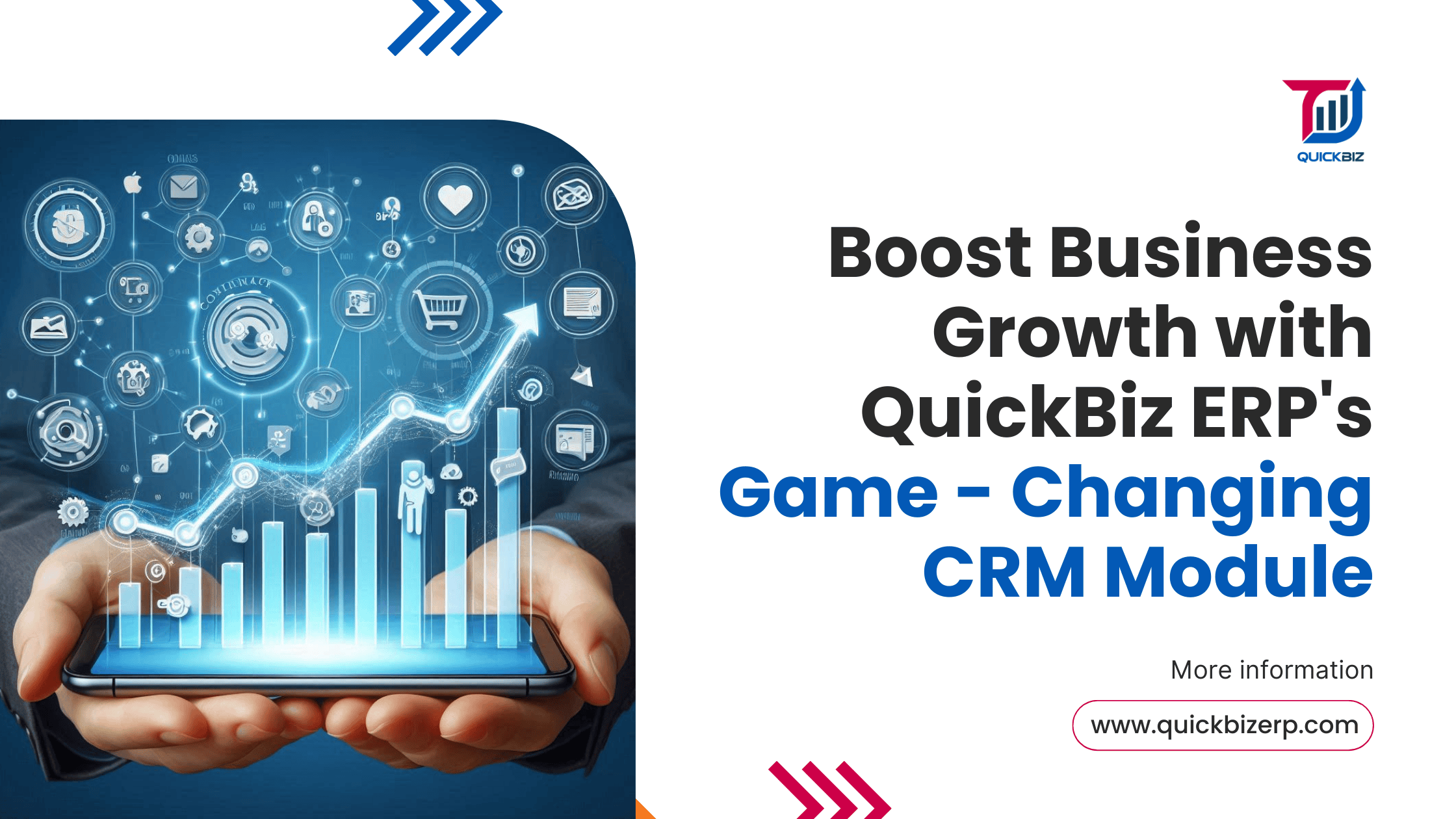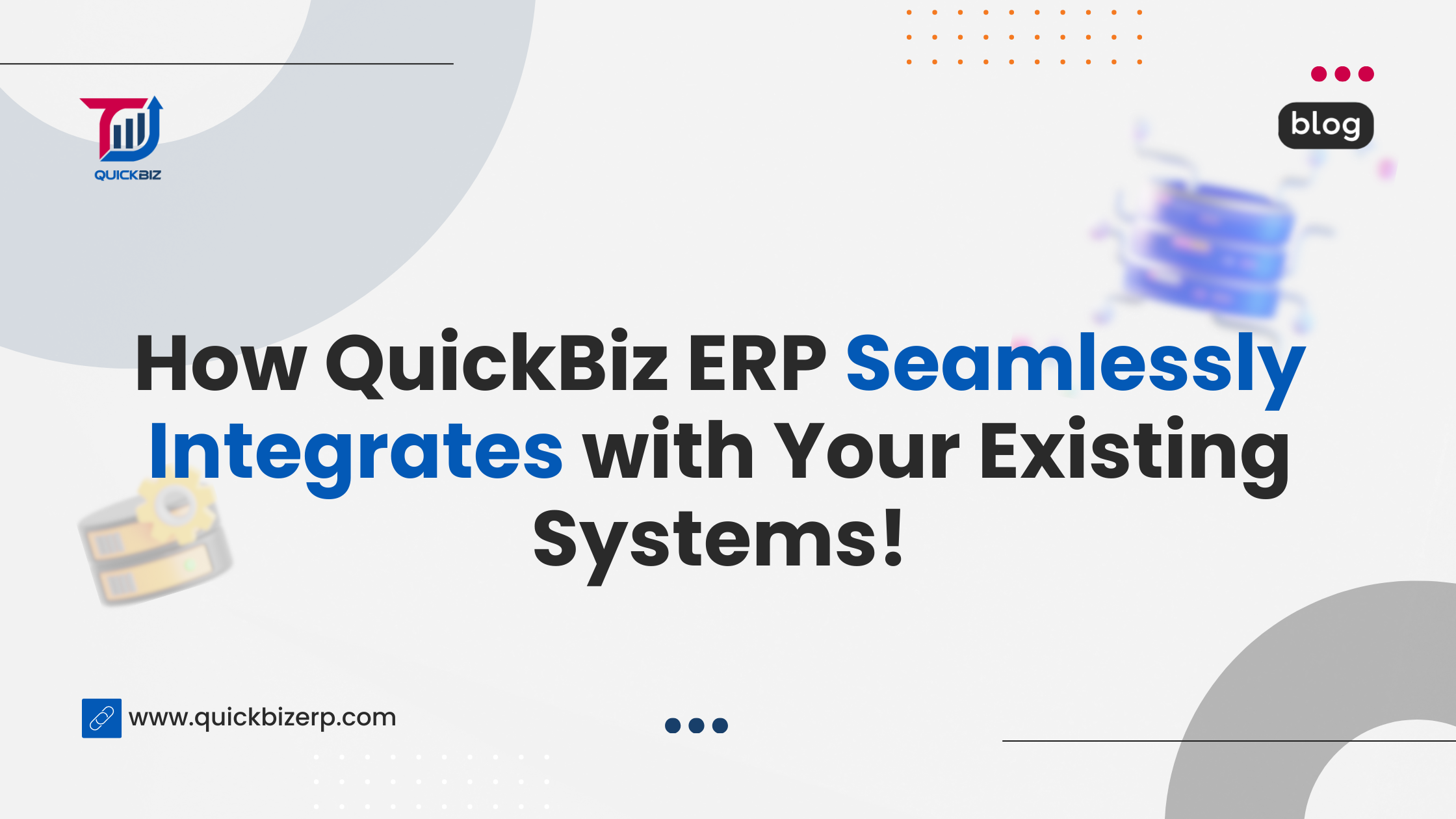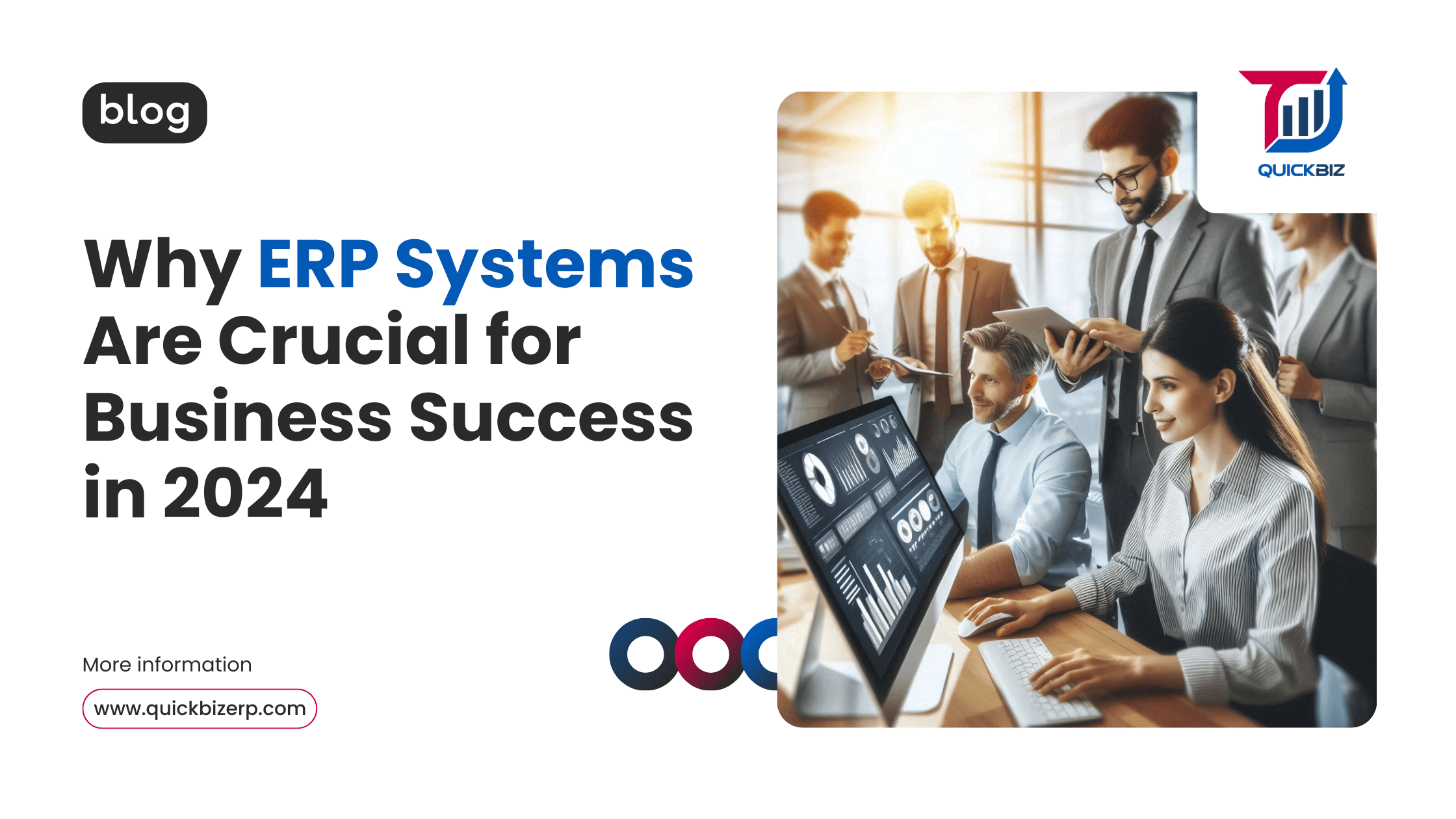For small and medium enterprises (SMEs), investing in an ERP (Enterprise Resource Planning) system is a big decision
In today’s competitive business landscape, organizations rely on software solutions to improve efficiency, streamline operations.
Managing inventory across multiple locations can be complex and costly. Without real-time visibility, businesses face stock discrepancies.
Enterprise Resource Planning (ERP) systems are widely recognized for their ability to streamline business operations, enhance efficiency.
Customer expectations have evolved. They now demand fast responses, seamless order tracking, and personalized service.
In today’s digital landscape, data security is no longer just a technical concern—it’s a business imperative.
In today’s dynamic business environment, risks are inevitable. From financial fraud and regulatory penalties to supply chain disruptions.
Order processing and fulfillment are the backbone of any business that sells products, whether online or offline.
Spreadsheets have long been a go-to tool for managing business operations, but as companies grow, they often become inefficient.
In today’s competitive manufacturing landscape, efficiency is the key to profitability. However, manufacturers often struggle.
Efficiency is the backbone of any successful business. However, many SMEs still rely on outdated manual processes such as data entry.
In today’s competitive business landscape, efficiency and data-driven decision-making are crucial for success.
In today’s fast-paced world, businesses need real-time data to make informed decisions quickly. Traditional reporting methods are slow.
For small and medium-sized enterprises (SMEs), financial planning is crucial to ensuring long-term growth and stability.
In today’s fast-paced business environment, choosing the right software can make or break operational efficiency.
Enterprise Resource Planning (ERP) systems have become the cornerstone of modern business operations, enabling companies.
In today’s fast-paced and competitive business environment, small and medium-sized enterprises (SMEs) face increasing.
In today’s fiercely competitive business environment, customer satisfaction isn’t just an ideal—it’s the cornerstone of sustained success.
Implementing an ERP system is a game-changer for businesses, offering streamlined processes, improved efficiency, and better decision-making.
Managing a business in today’s fast-paced world requires more than just hard work; it demands efficiency, precision, and adaptability.
In today’s fast-paced business environment, Enterprise Resource Planning (ERP) systems have become a cornerstone
Imagine this: Your small or medium enterprise (SME) experiences a surge in demand, and sales are through the roof.
Picture this: a customer places an order for a high-demand product on your website. Your sales team confirms the purchase.
Production planning is the backbone of efficient manufacturing, directly influencing profitability. According to industry studies.
Running a business often feels like juggling too many tasks at once—managing fragmented systems, tackling manual errors.
In the fast-paced world of small and medium enterprises (SMEs), efficiency and adaptability are key to staying competitive.
In an era where data is the backbone of decision-making, businesses must harness their datas full potential to stay competitive.
In today’s fast-paced digital landscape, businesses are increasingly adopting ERP systems to streamline their operations.
Selecting the right ERP vendor is critical to the success of your business operations. A robust ERP system streamlines processes.
In today’s digital age, businesses have a wide range of software tools designed to streamline operations, increase efficiency.
Investing in an Enterprise Resource Planning (ERP) system is a strategic decision to drive business efficiency and streamline operations.
In today’s fast-paced business landscape, an efficiently functioning Enterprise Resource Planning (ERP) system.
In today’s rapidly evolving business environment, leveraging the right technology is no longer optional—it’s essential.
Implementing an Enterprise Resource Planning (ERP) system is a transformative step for businesses aiming to streamline operations
The manufacturing industry is undergoing a digital transformation, and SaaS ERP (Software as a Service Enterprise Resource Planning)
In today’s rapidly evolving business landscape, operational efficiency is key to staying competitive. Enterprise Resource Planning (ERP)
The landscape of enterprise resource planning (ERP) systems is experiencing rapid evolution, driven by technological advancements.
Implementing an ERP system is a transformative step for businesses, but it requires careful planning and budgeting.
The manufacturing industry is more competitive than ever, with businesses facing pressure to optimize operations, reduce costs.
In today’s fast-paced business landscape, small businesses must embrace digital transformation to stay competitive.
Small and medium-sized enterprises (SMEs) are rapidly adopting cloud ERP systems to modernize their operations and stay competitive.
Small and medium-sized enterprises (SMEs) face numerous challenges when it comes to managing operations efficiently.
Small and medium enterprises (SMEs) are the backbone of any economy. However, managing daily operations.
Budgeting and forecasting are essential tools for every small or medium-sized enterprise (SME) striving for stability and growth.
In today’s competitive business landscape, building strong relationships with customers isn’t just a perk—it’s a necessity.
Digital transformation has become a vital component for businesses striving to stay relevant and competitive.
Efficient inventory management is crucial for SMEs to ensure smooth operations and maintain profitability.
Efficient business operations are the backbone of any successful small or medium-sized enterprise (SME).
In an ever-evolving business landscape, improving operational efficiency is no longer a luxury - it’s a necessity.
In today’s fast-evolving business landscape, relying on outdated or disconnected tools can hinder growth and efficiency.
As businesses grow, managing day-to-day operations becomes increasingly complex. This is where a cloud-based ERP system comes into play.
Small and medium-sized enterprises (SMEs) in South Africa face unique challenges as they seek to scale their operations.
Customer Relationship Management (CRM) has become an indispensable tool for businesses aiming to streamline operations, improve customer satisfaction, and boost sales.
In today’s fast-paced business environment, seamless integration between systems is key to efficiency and success.
In today's fast-paced, technology-driven business environment, Enterprise Resource Planning (ERP) systems have become a fundamental tool for success.
